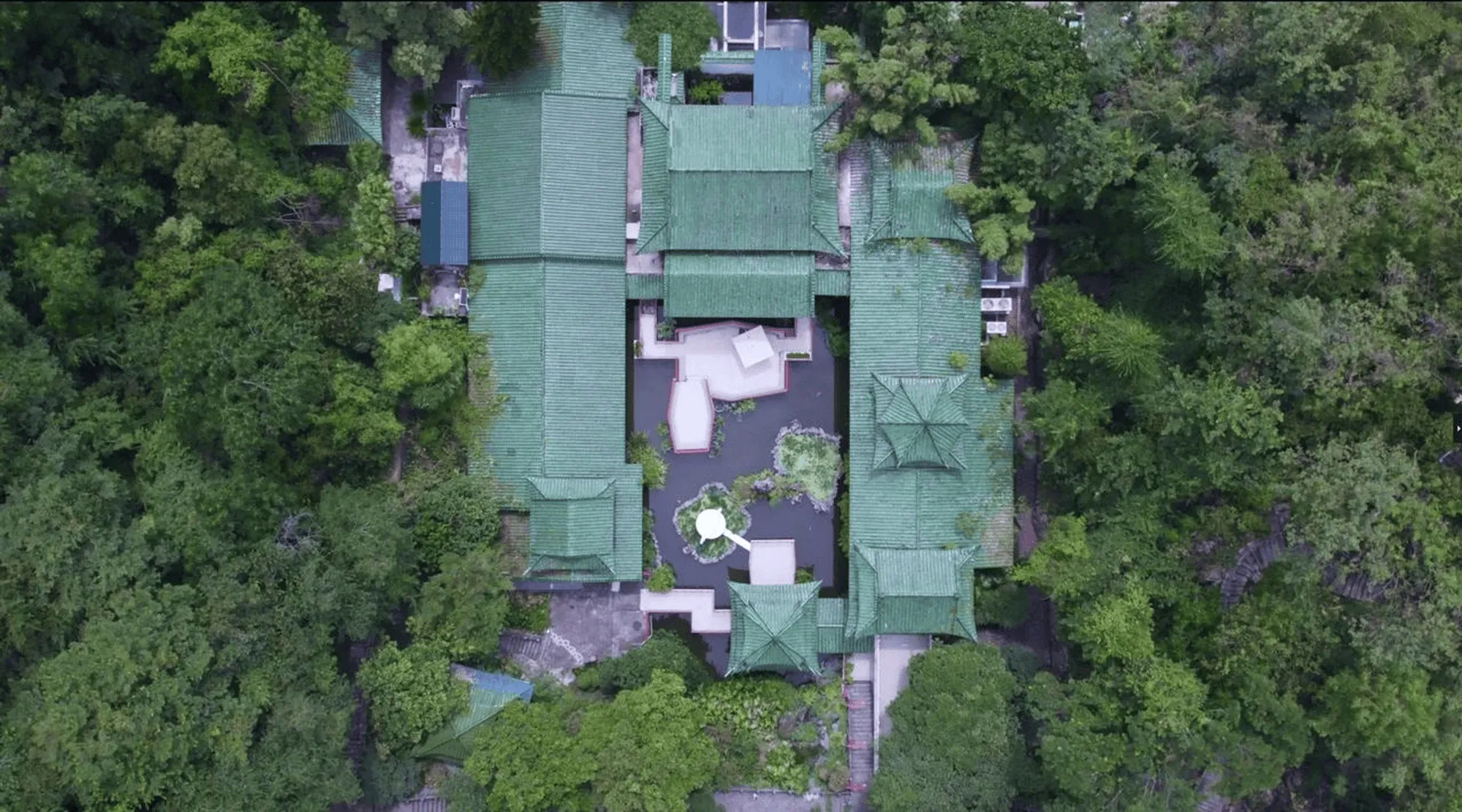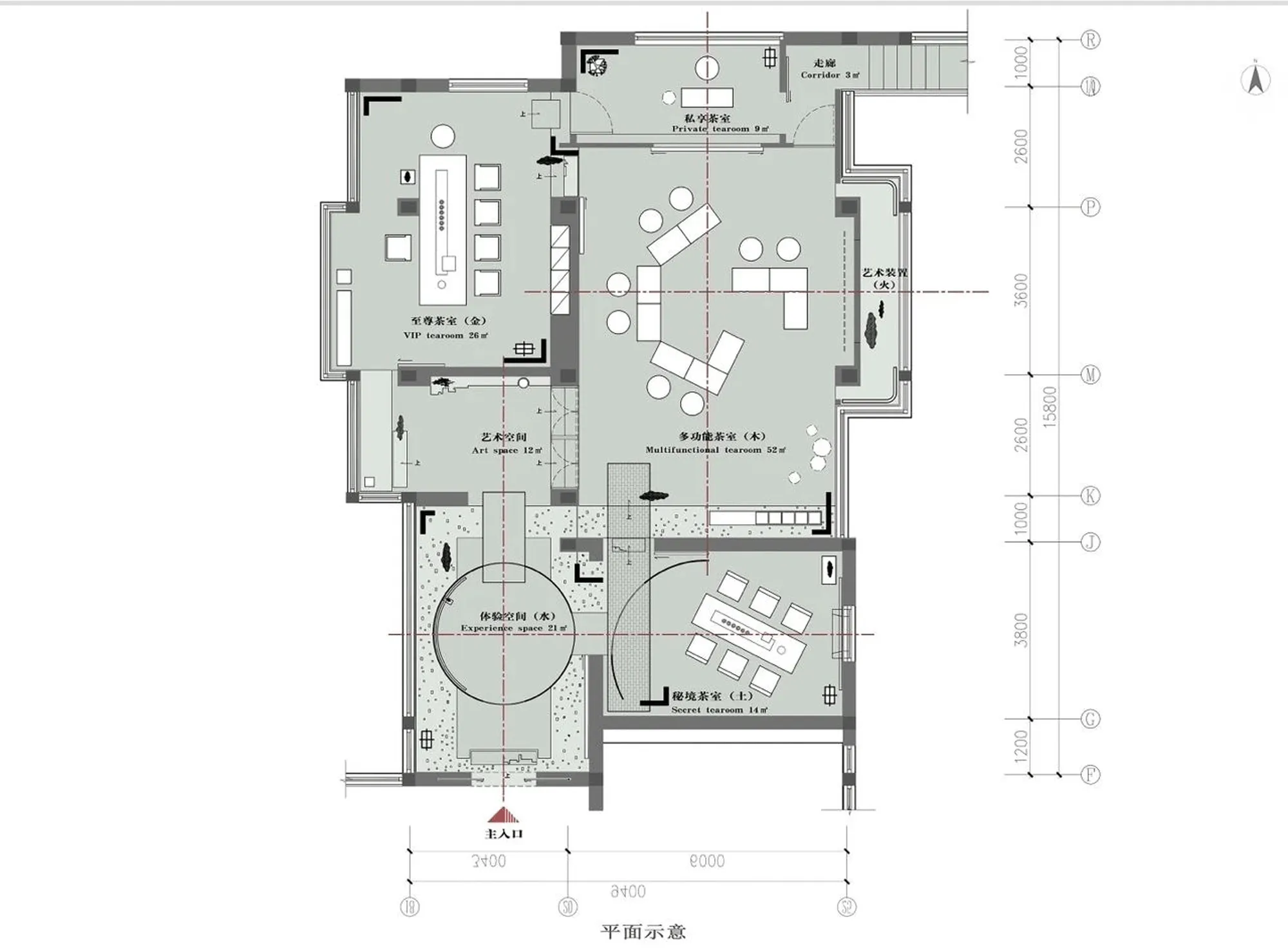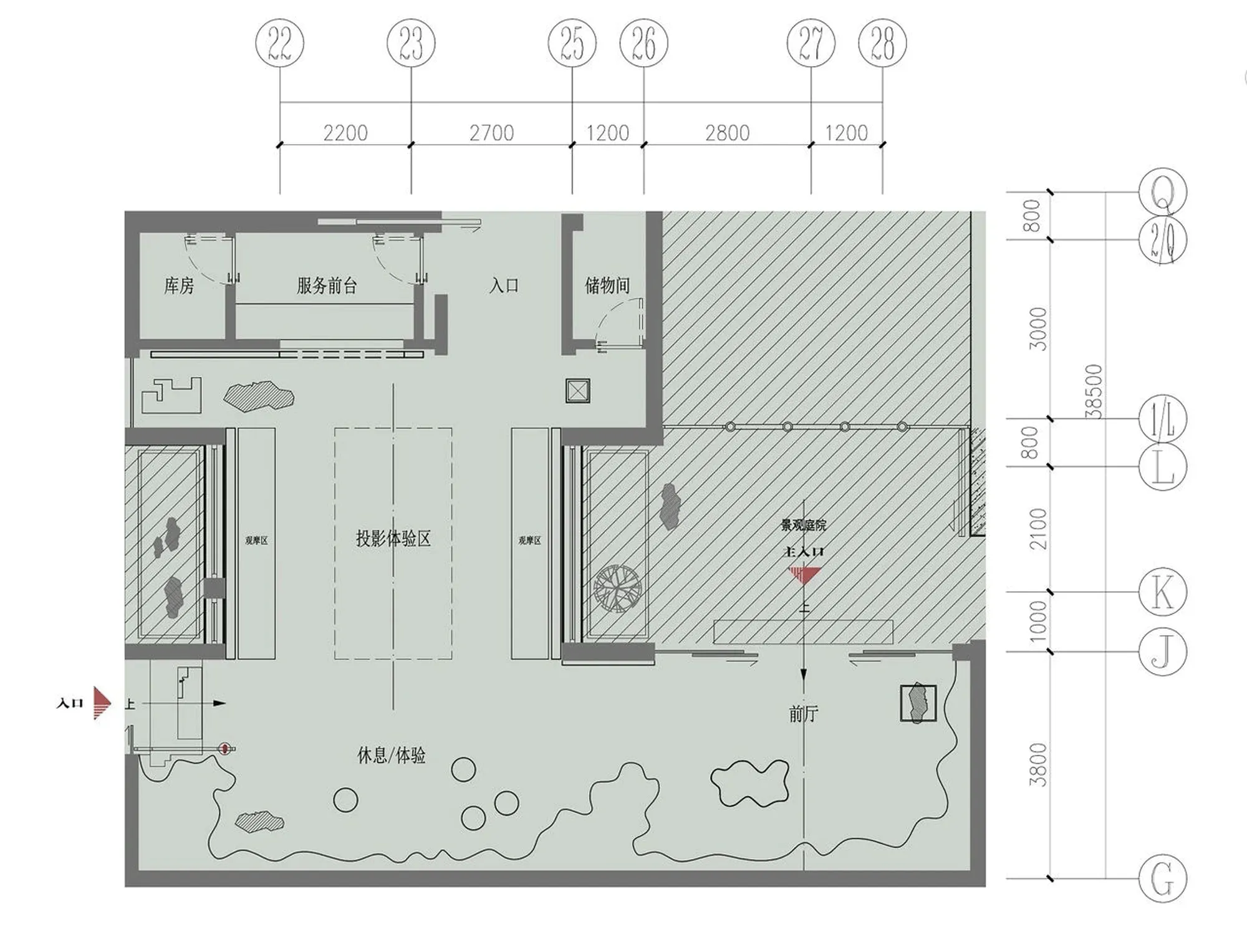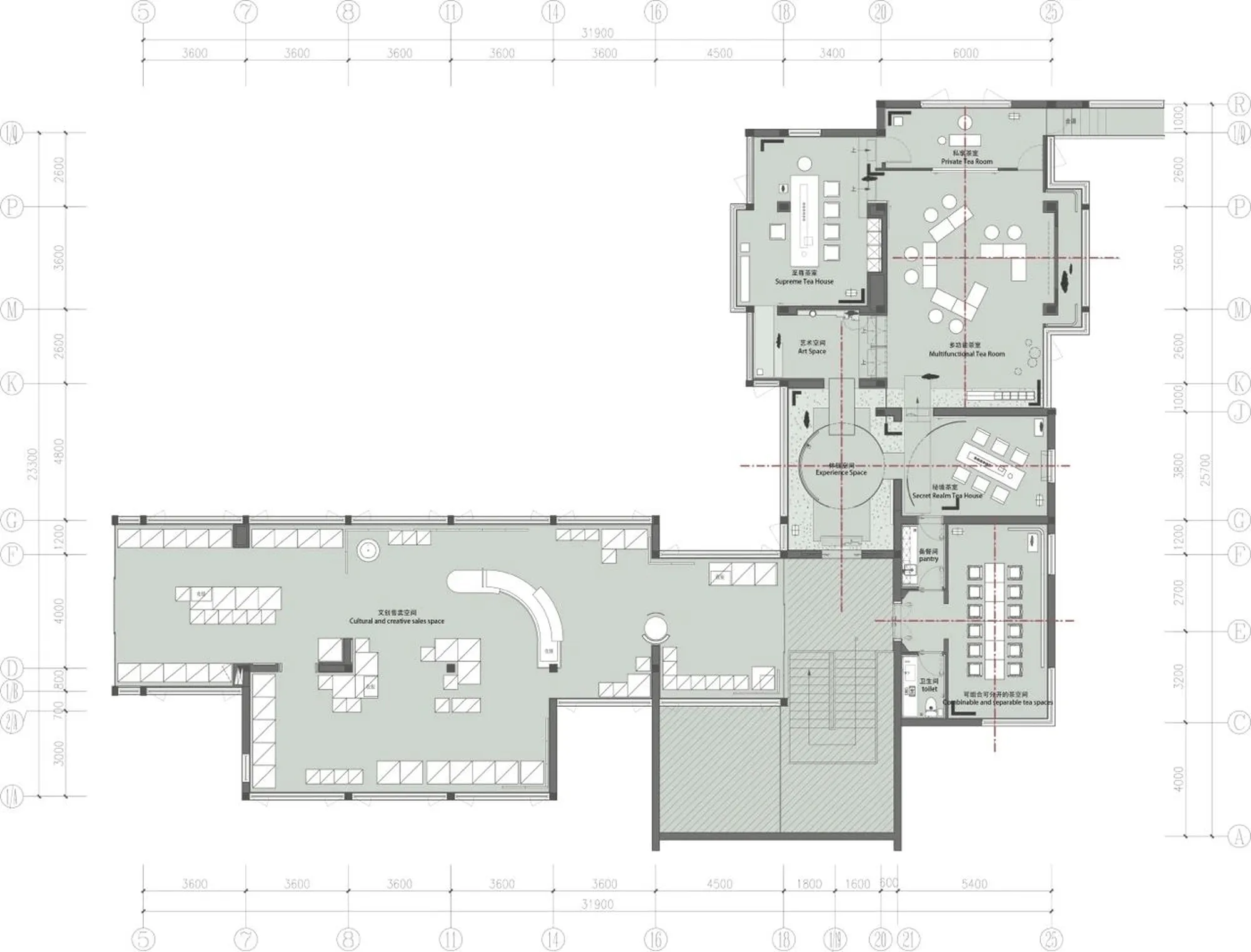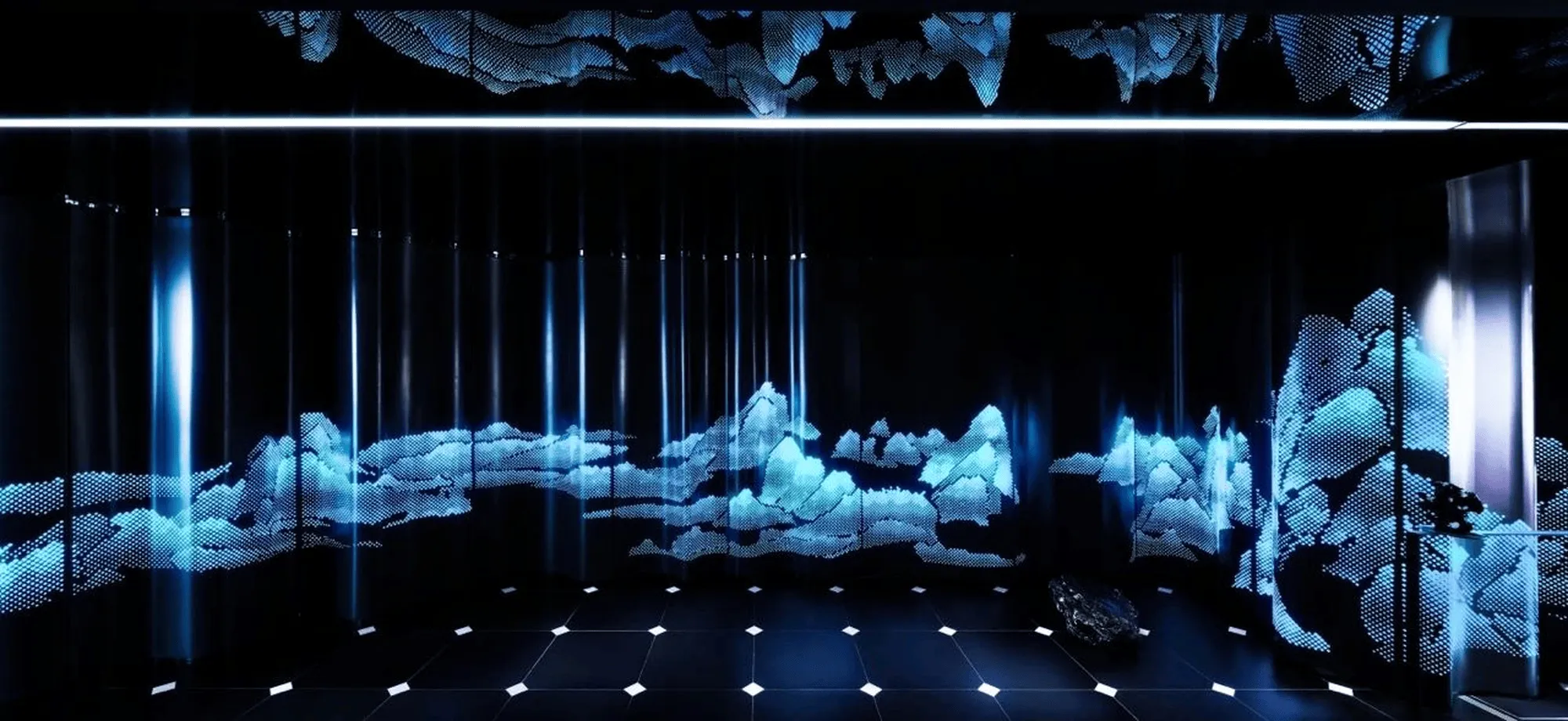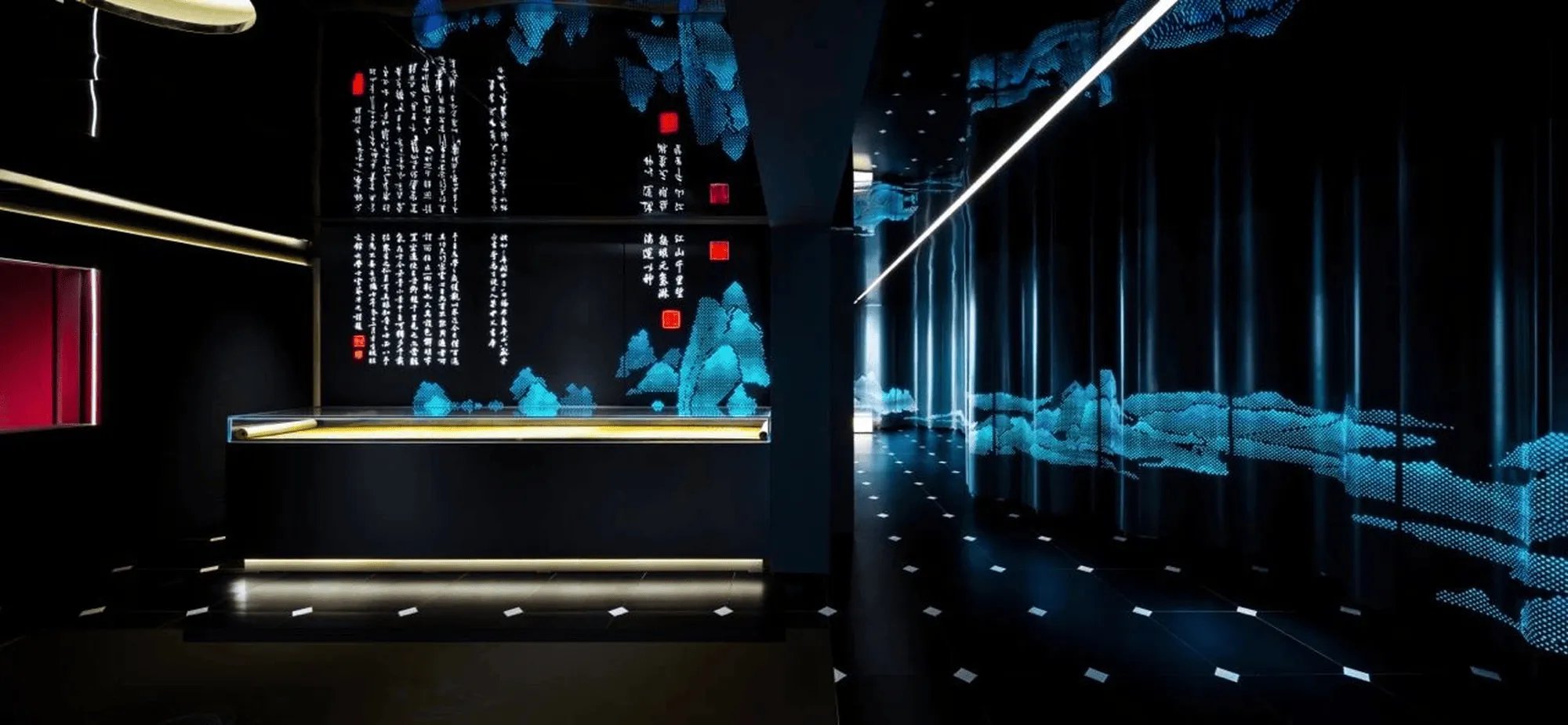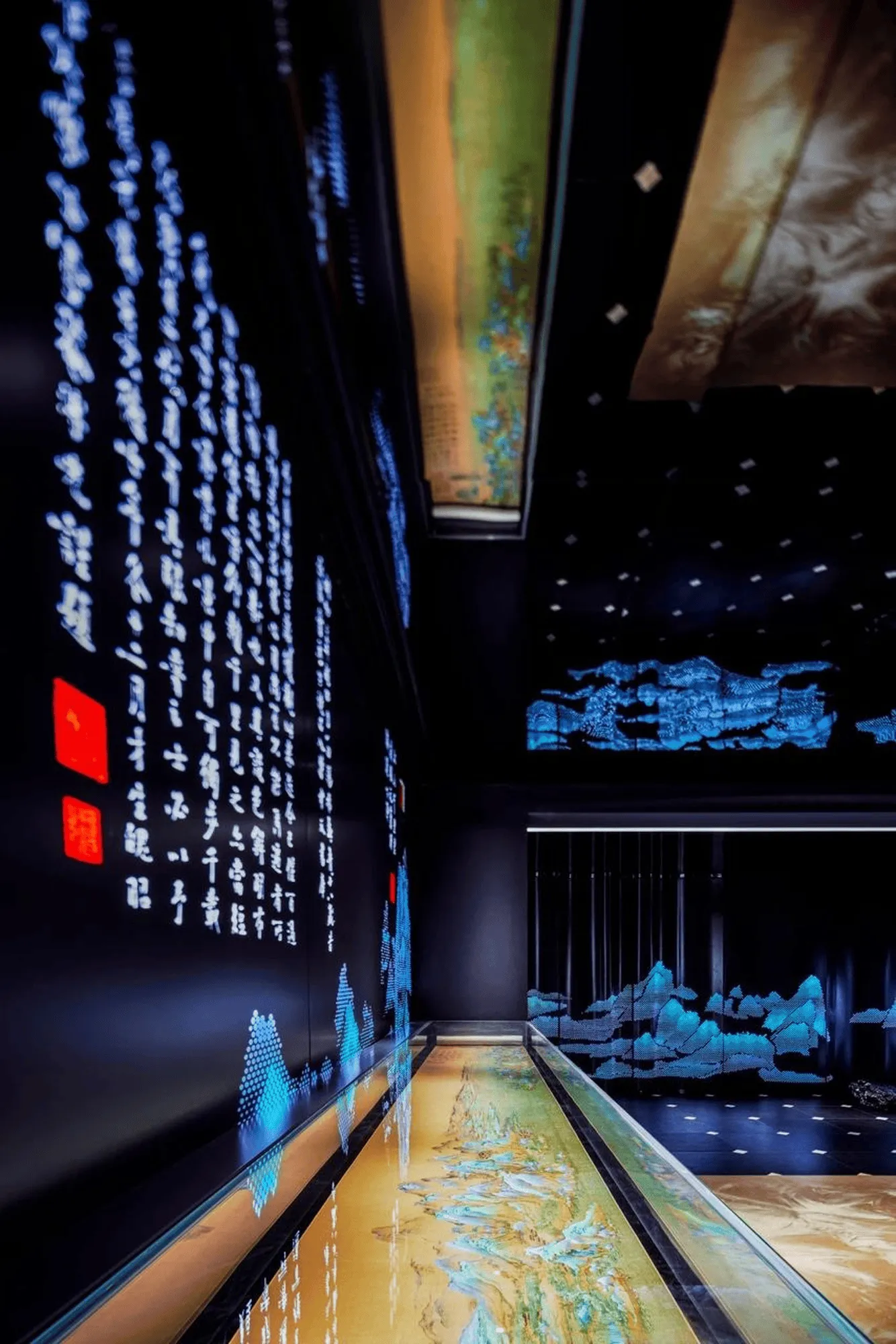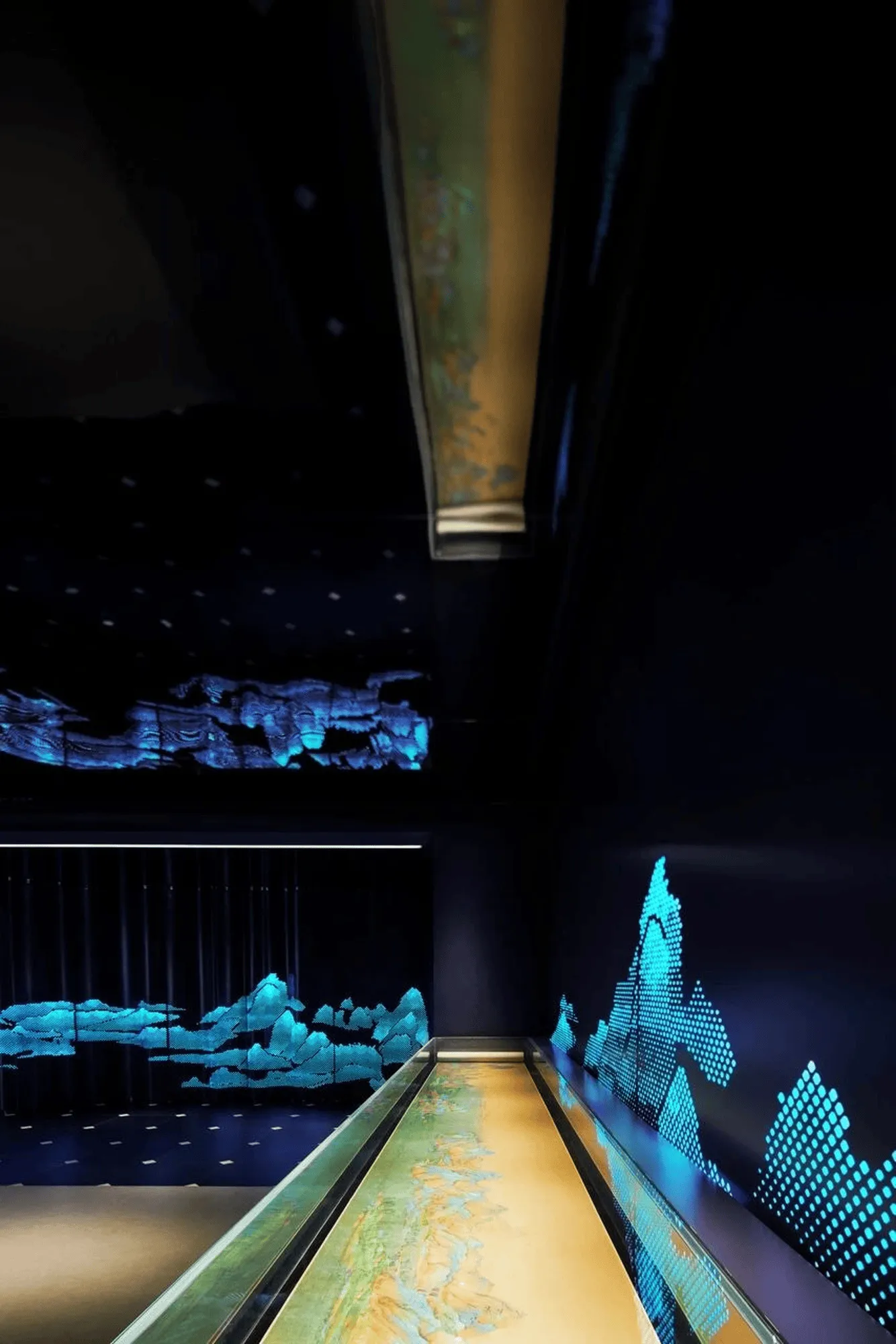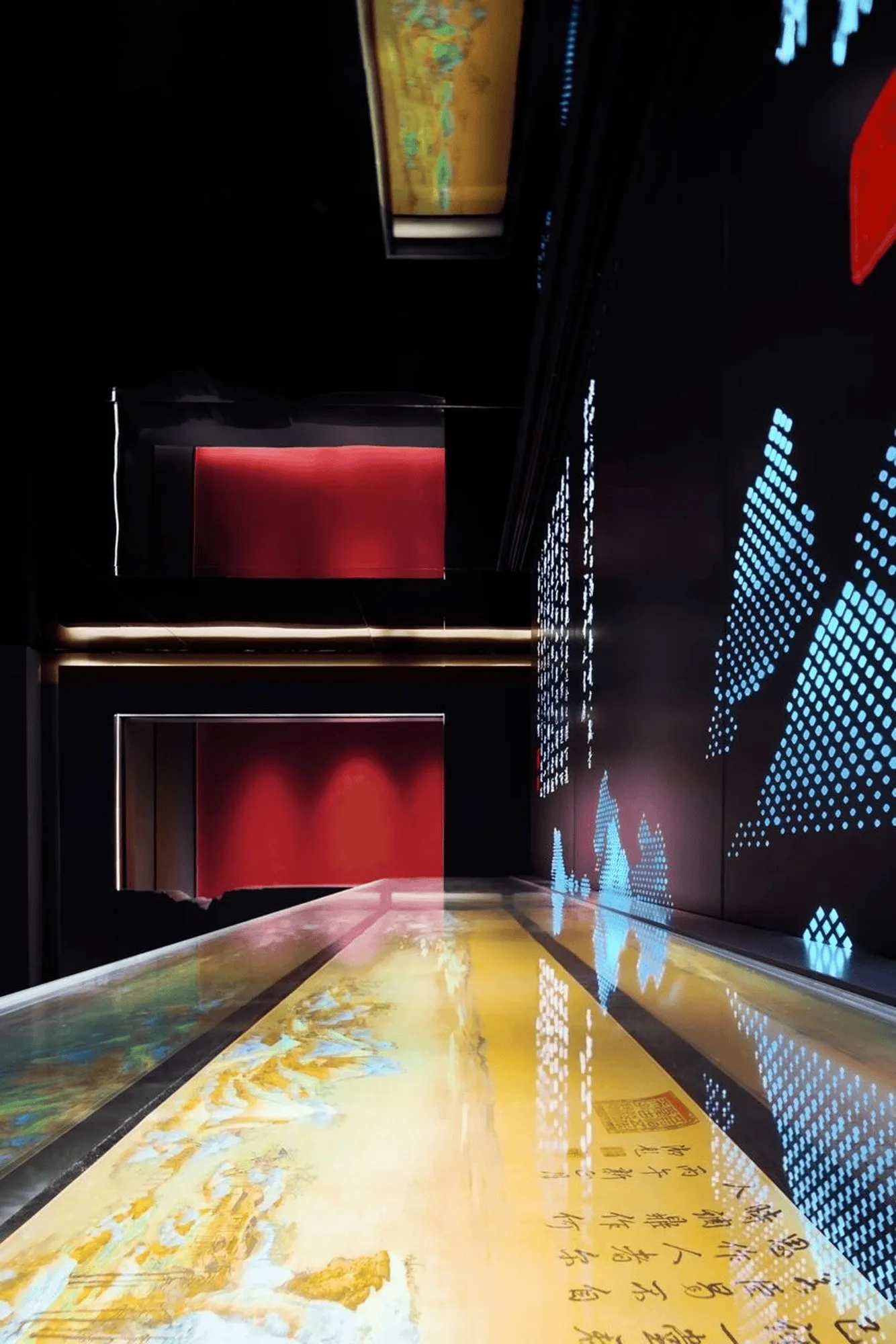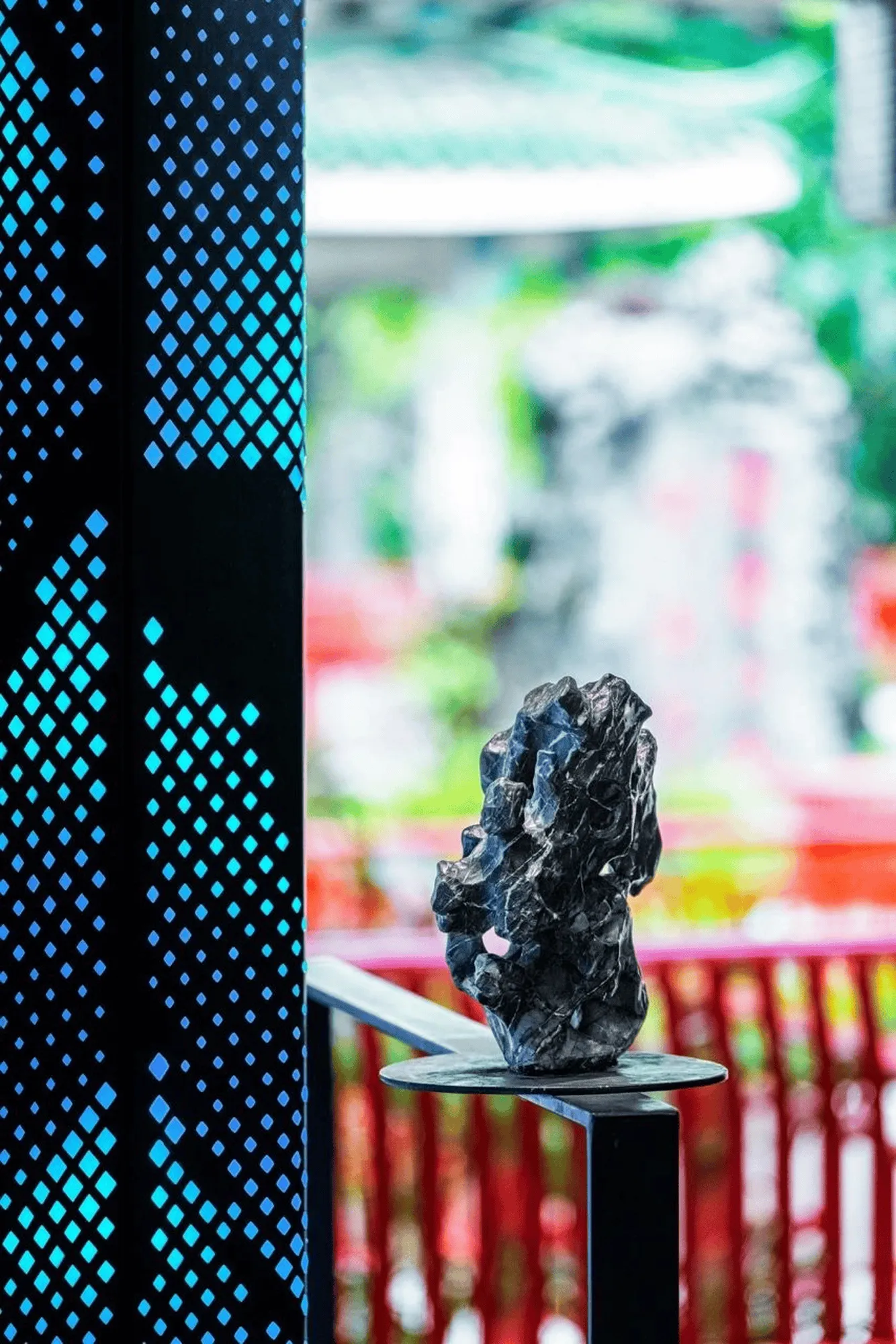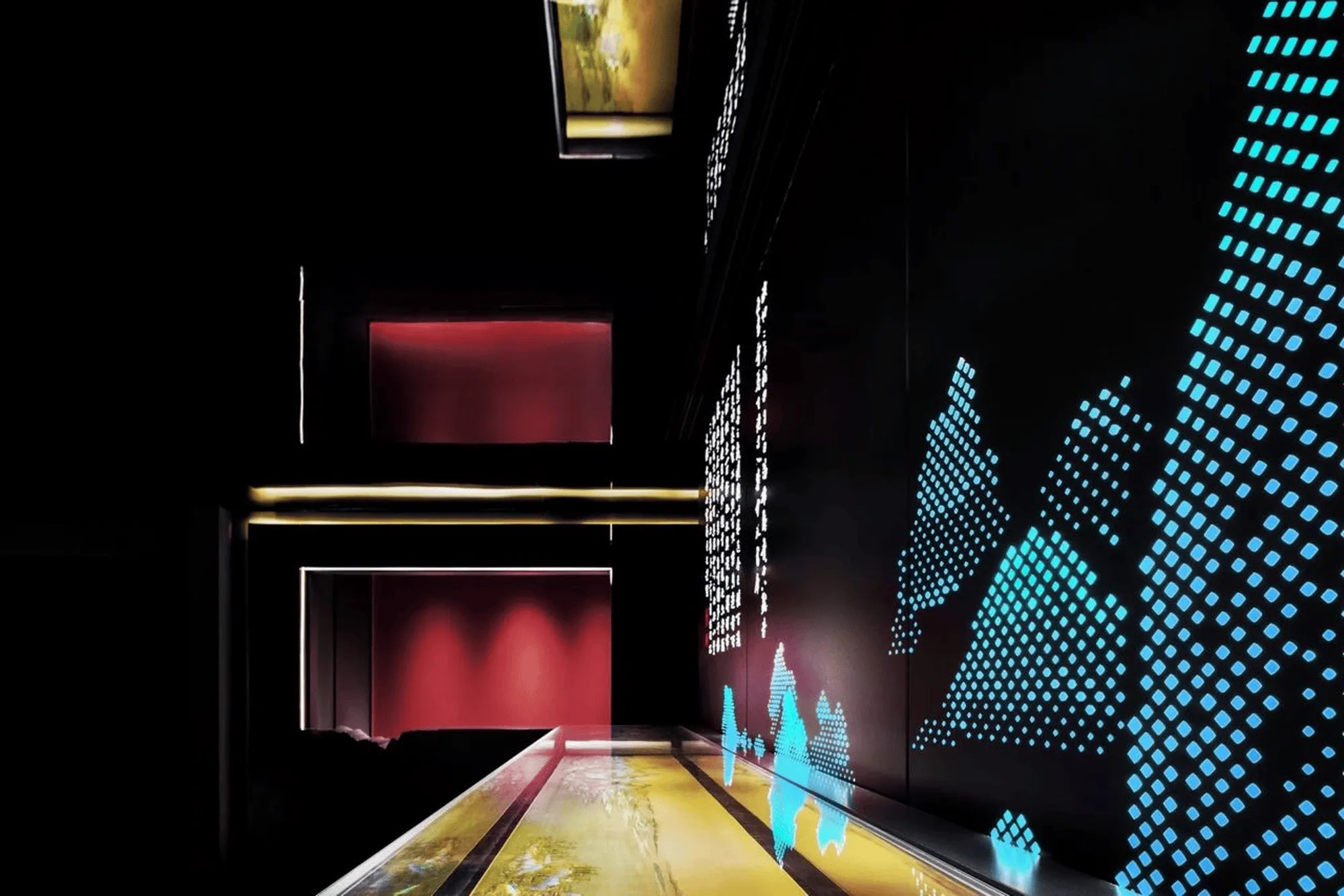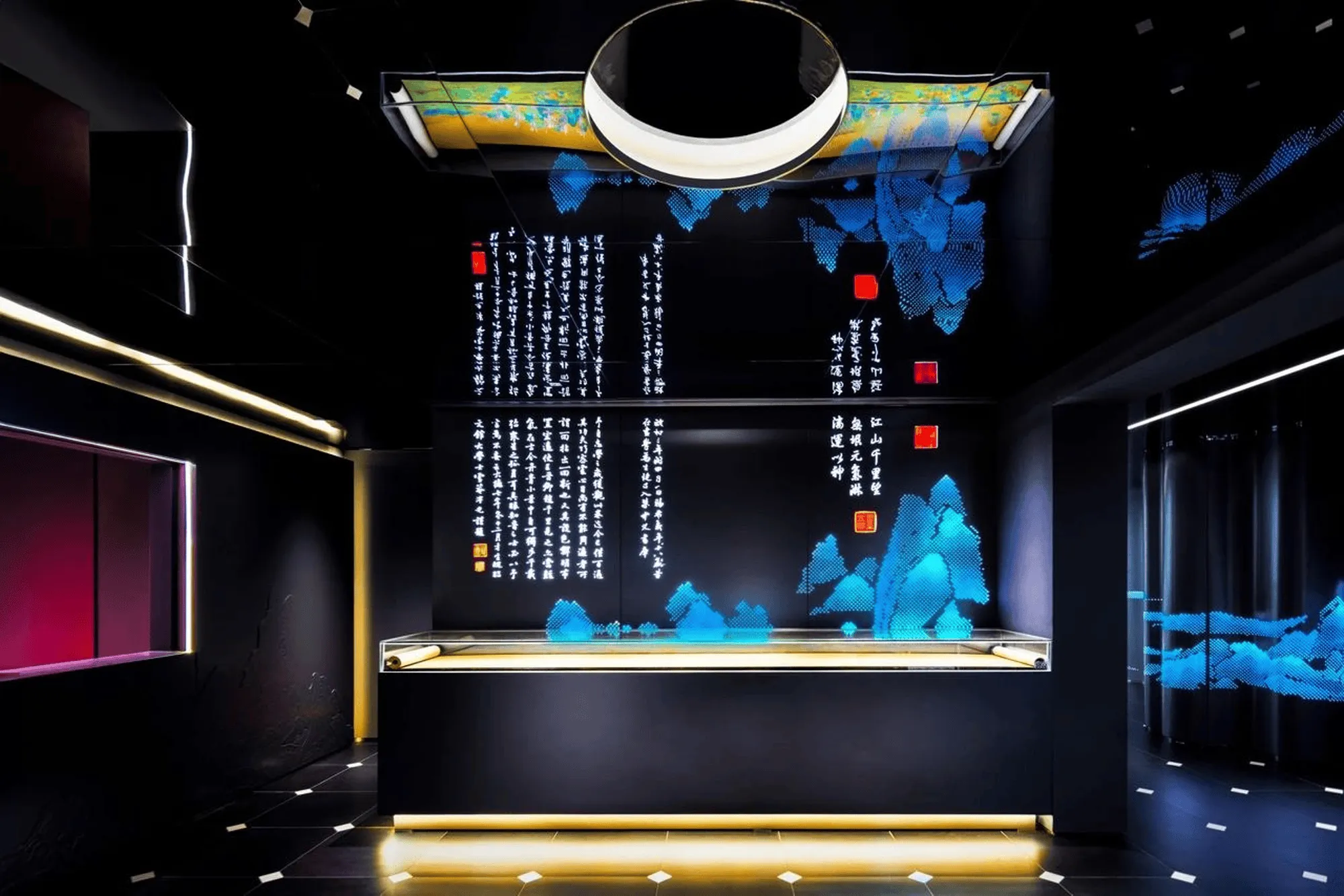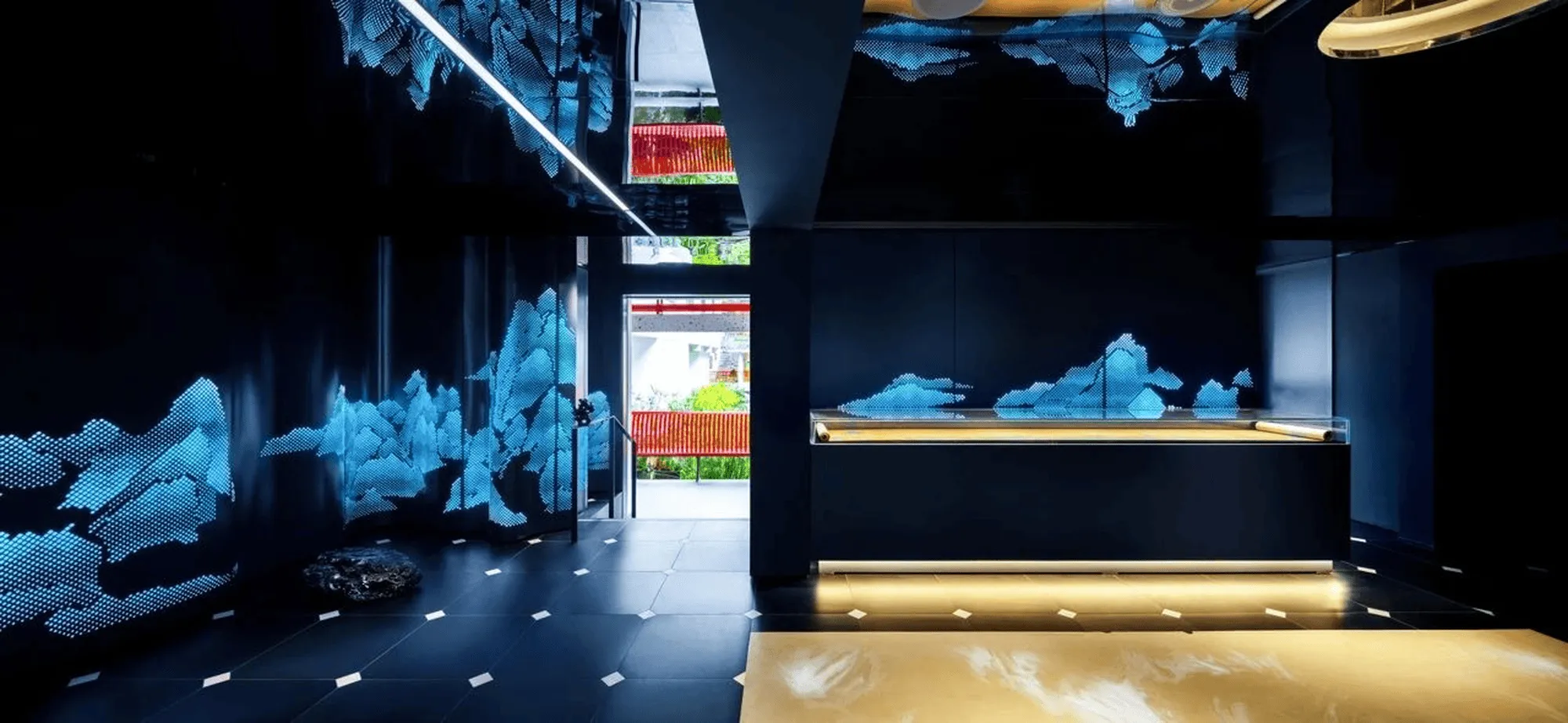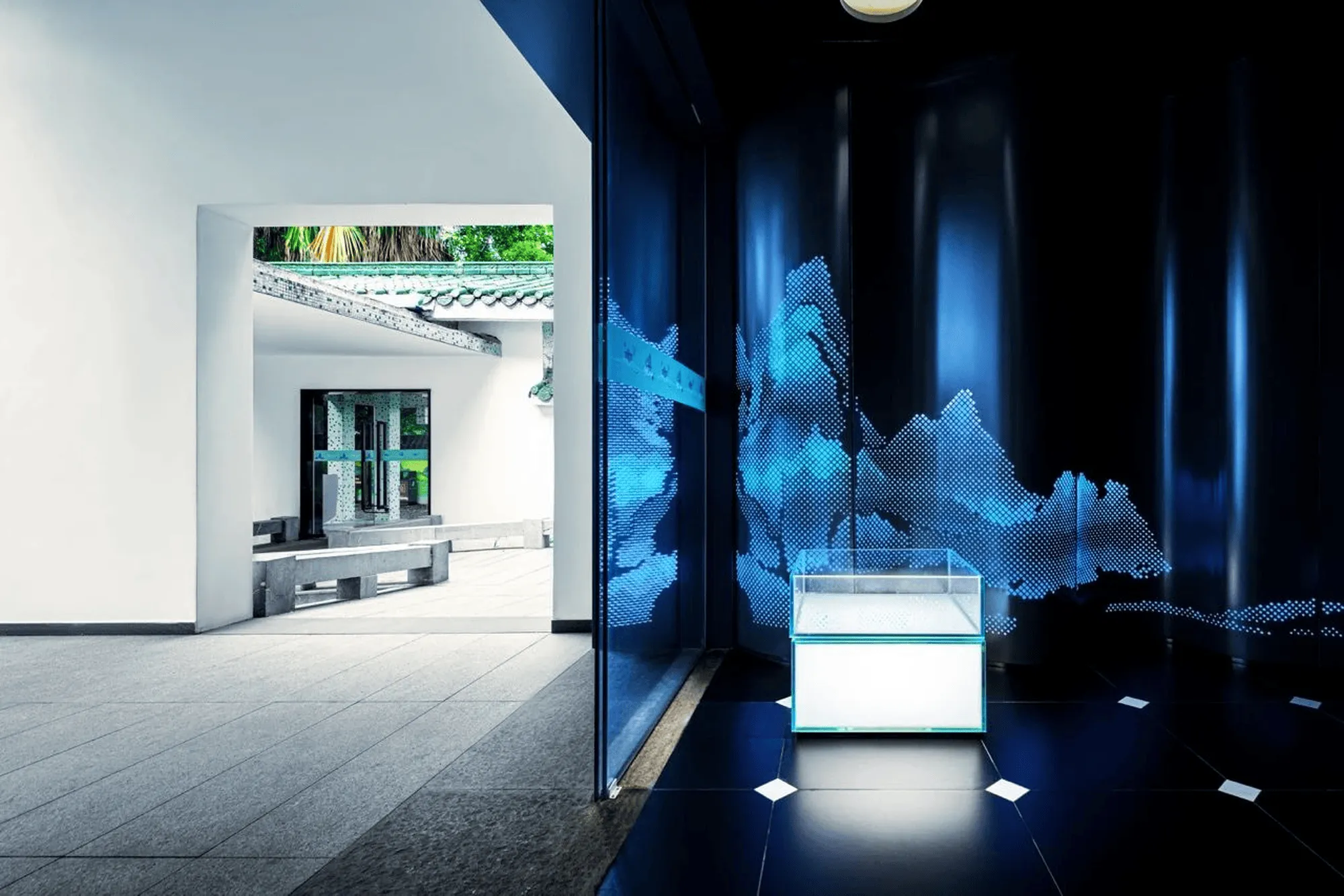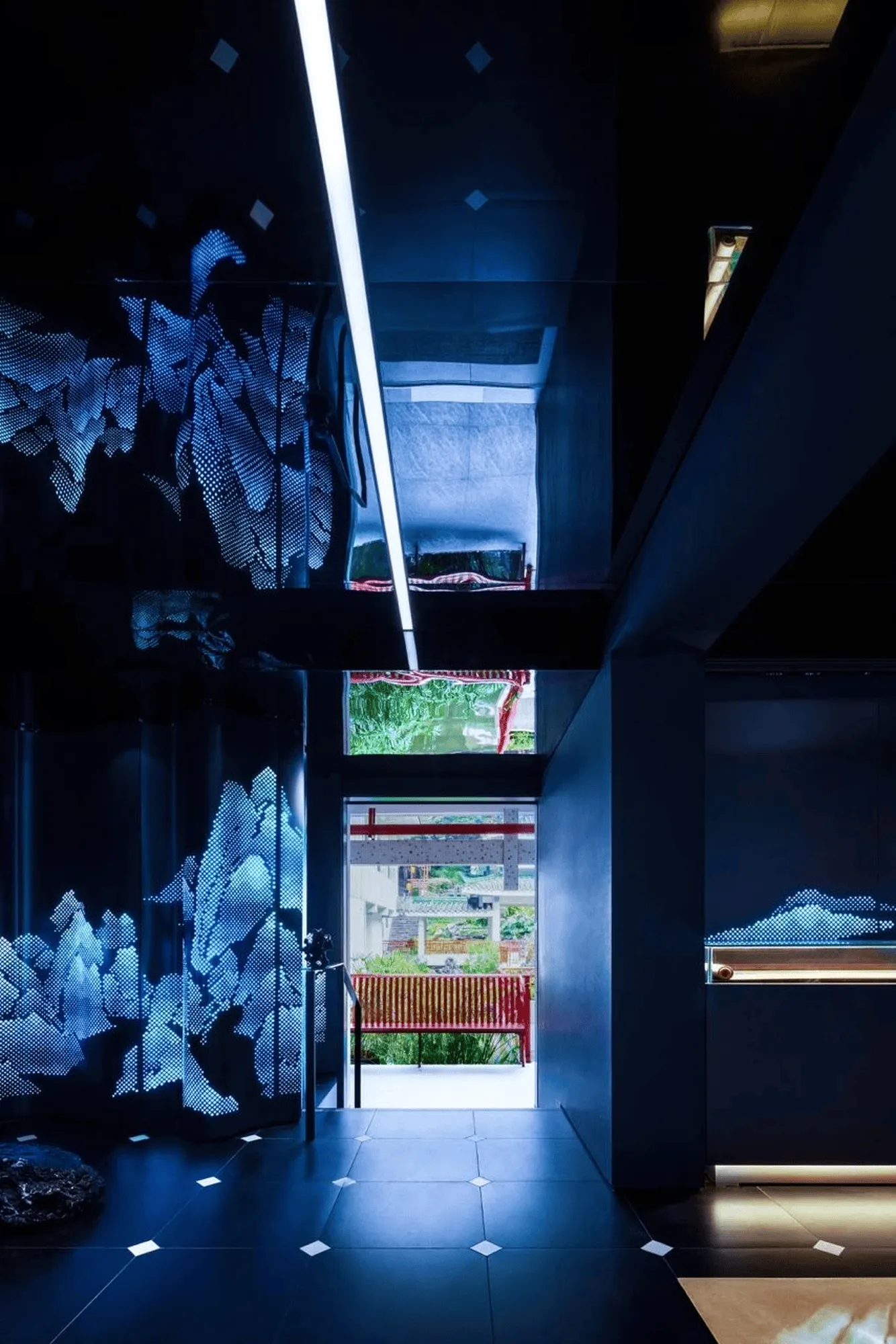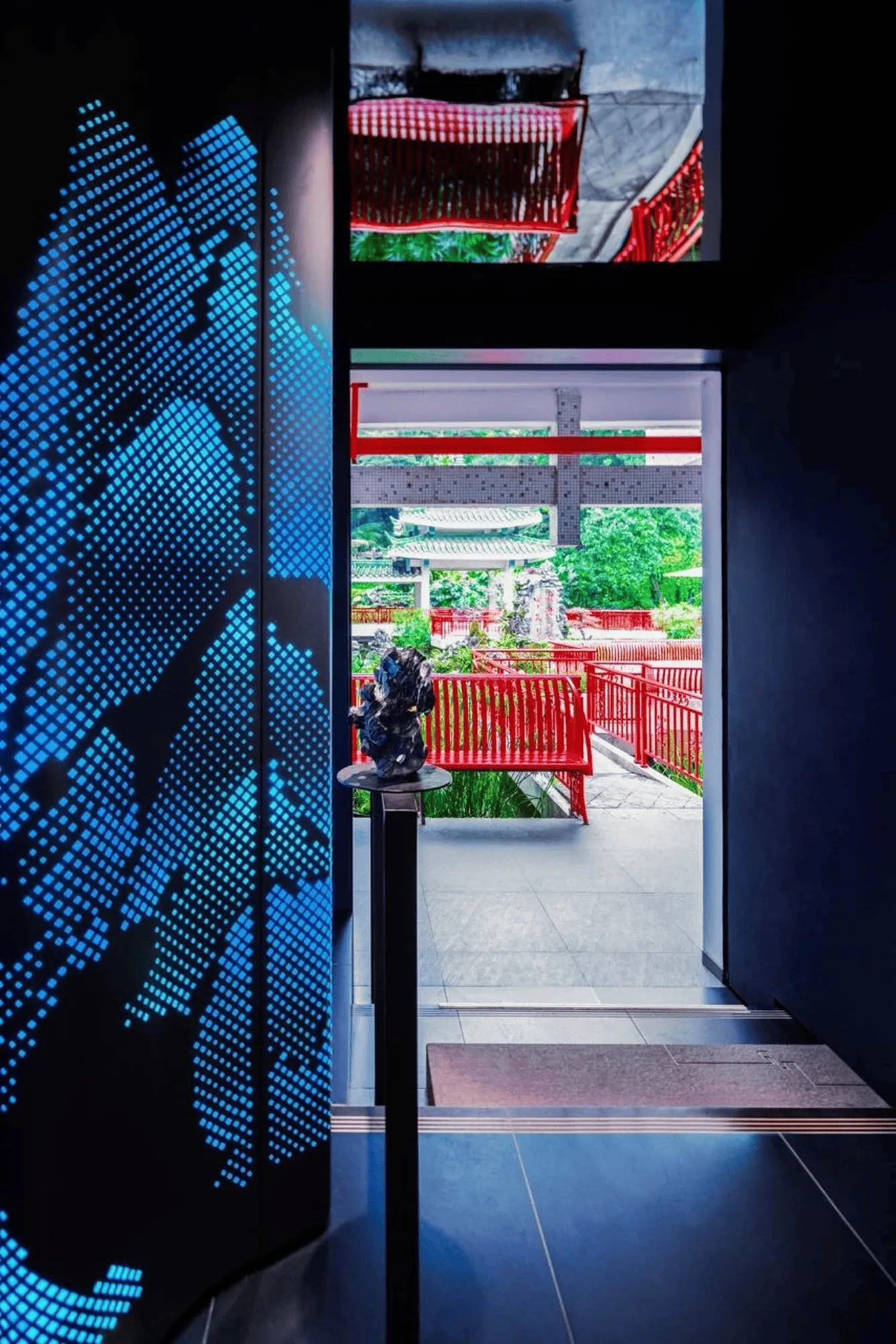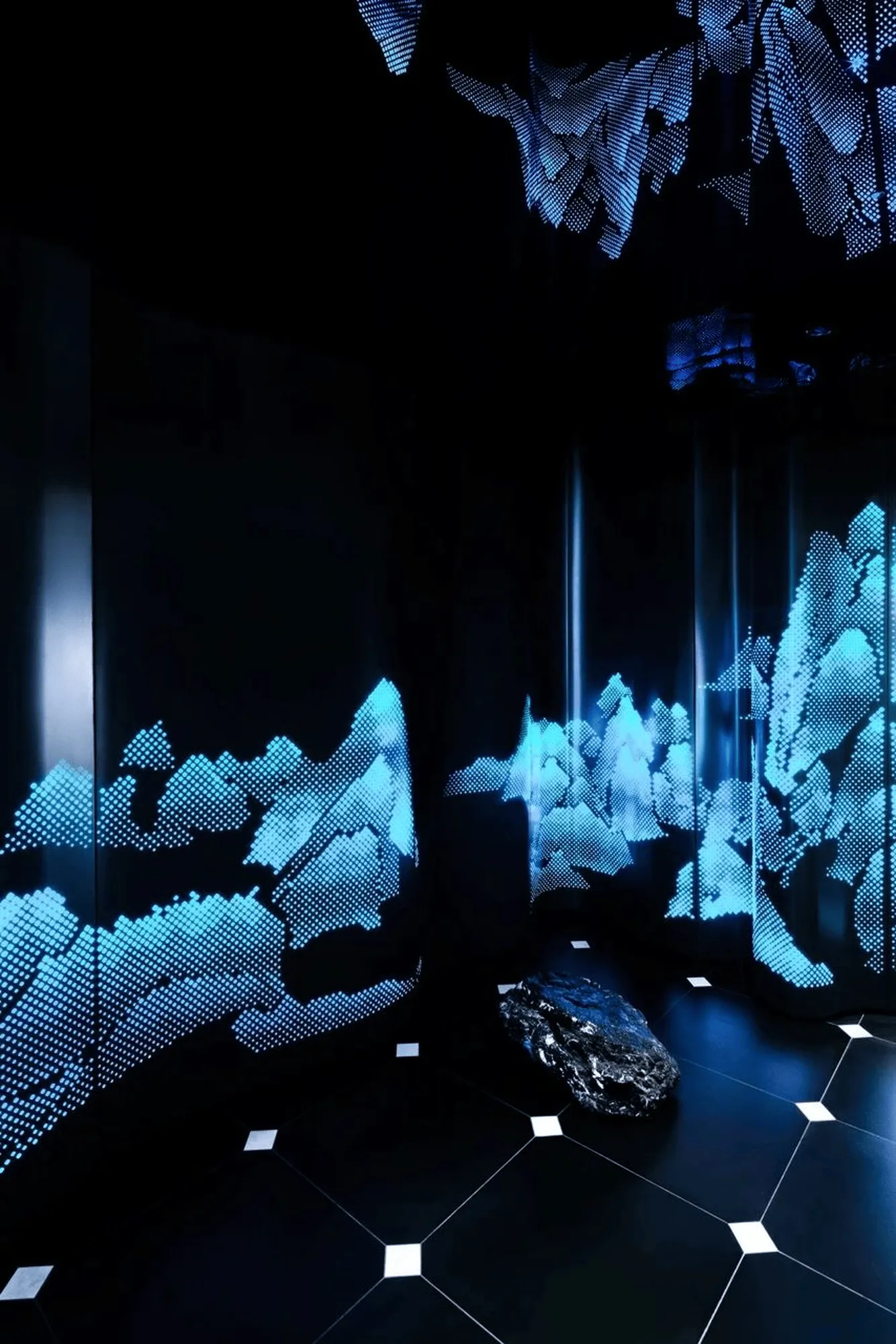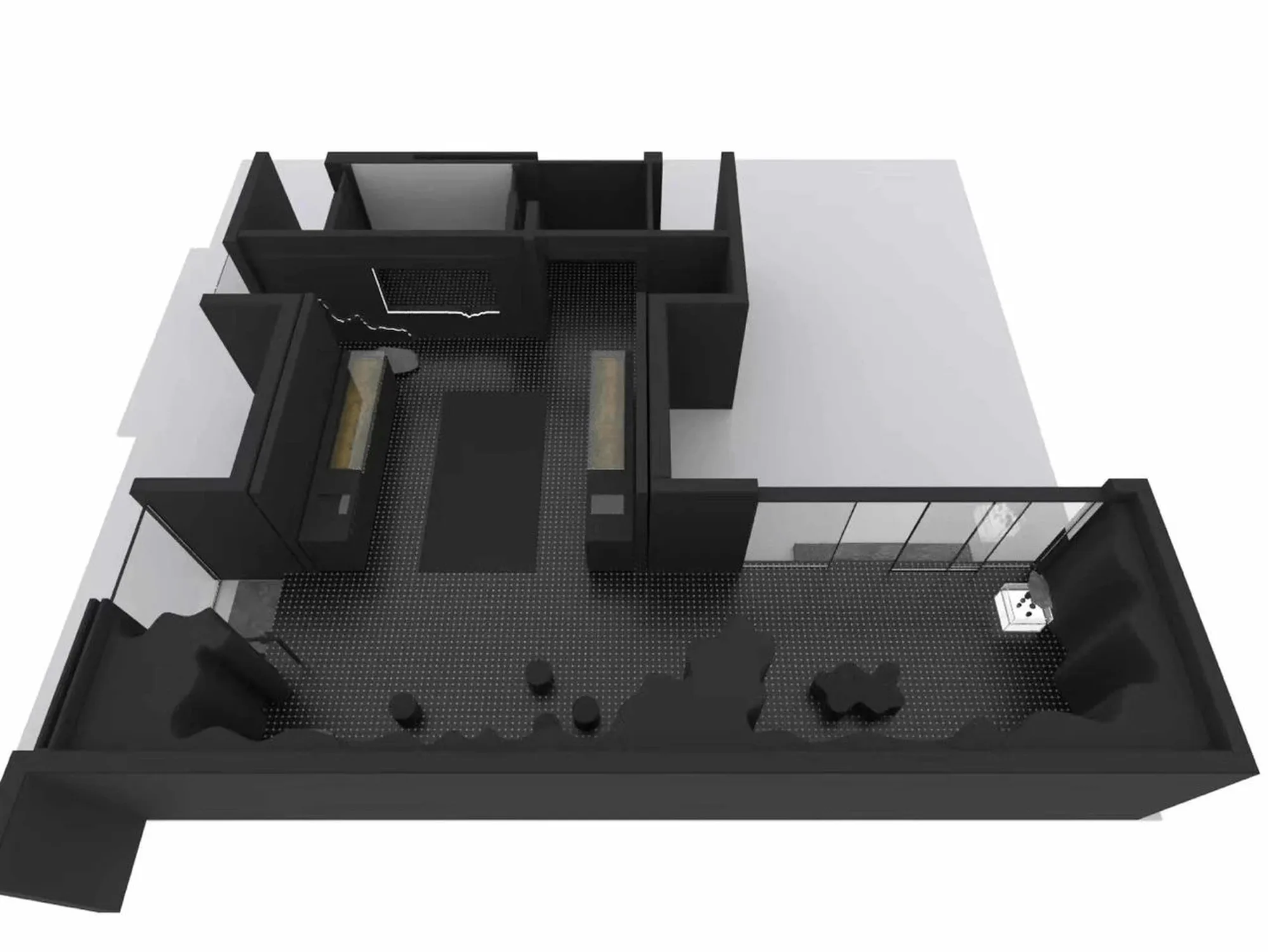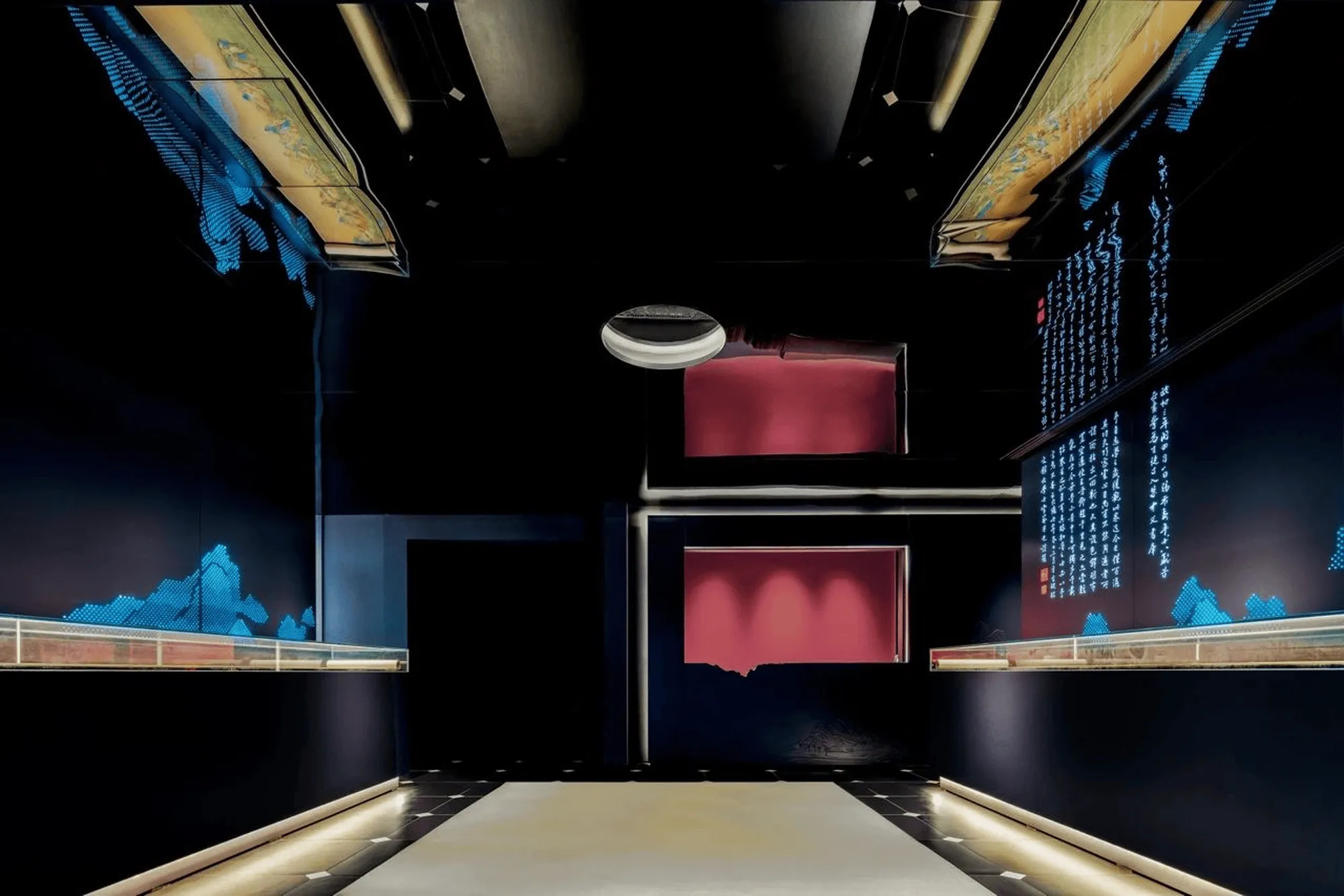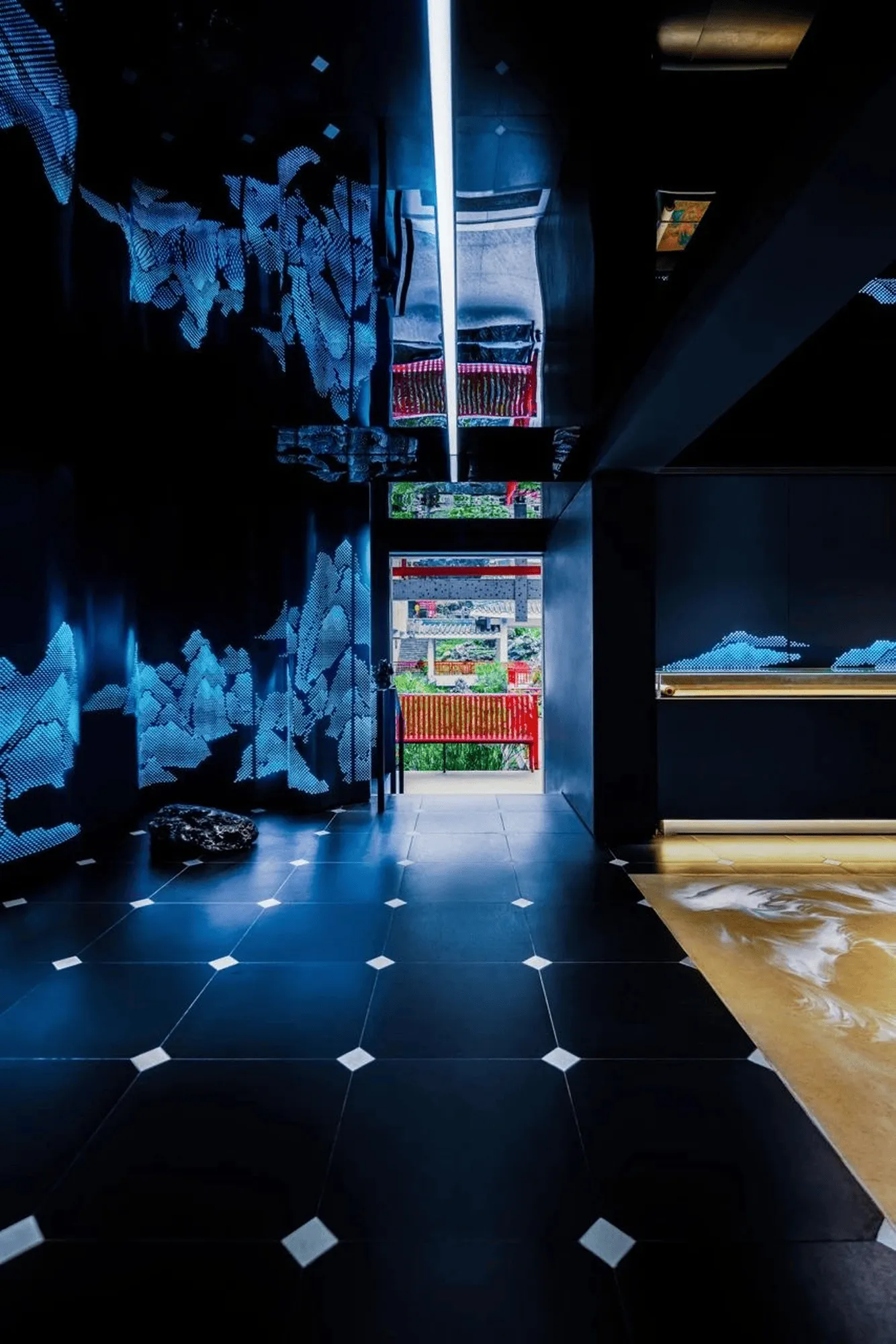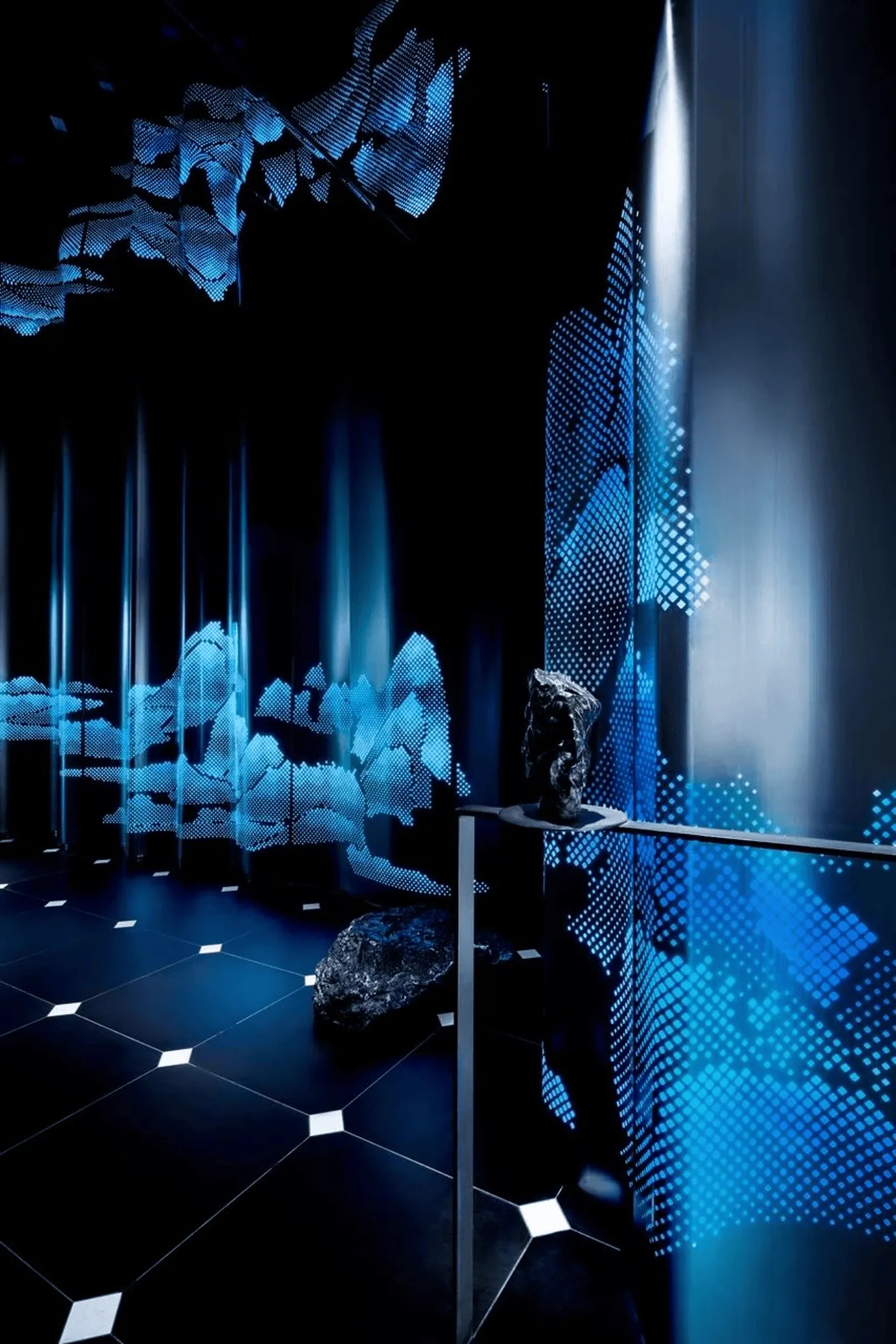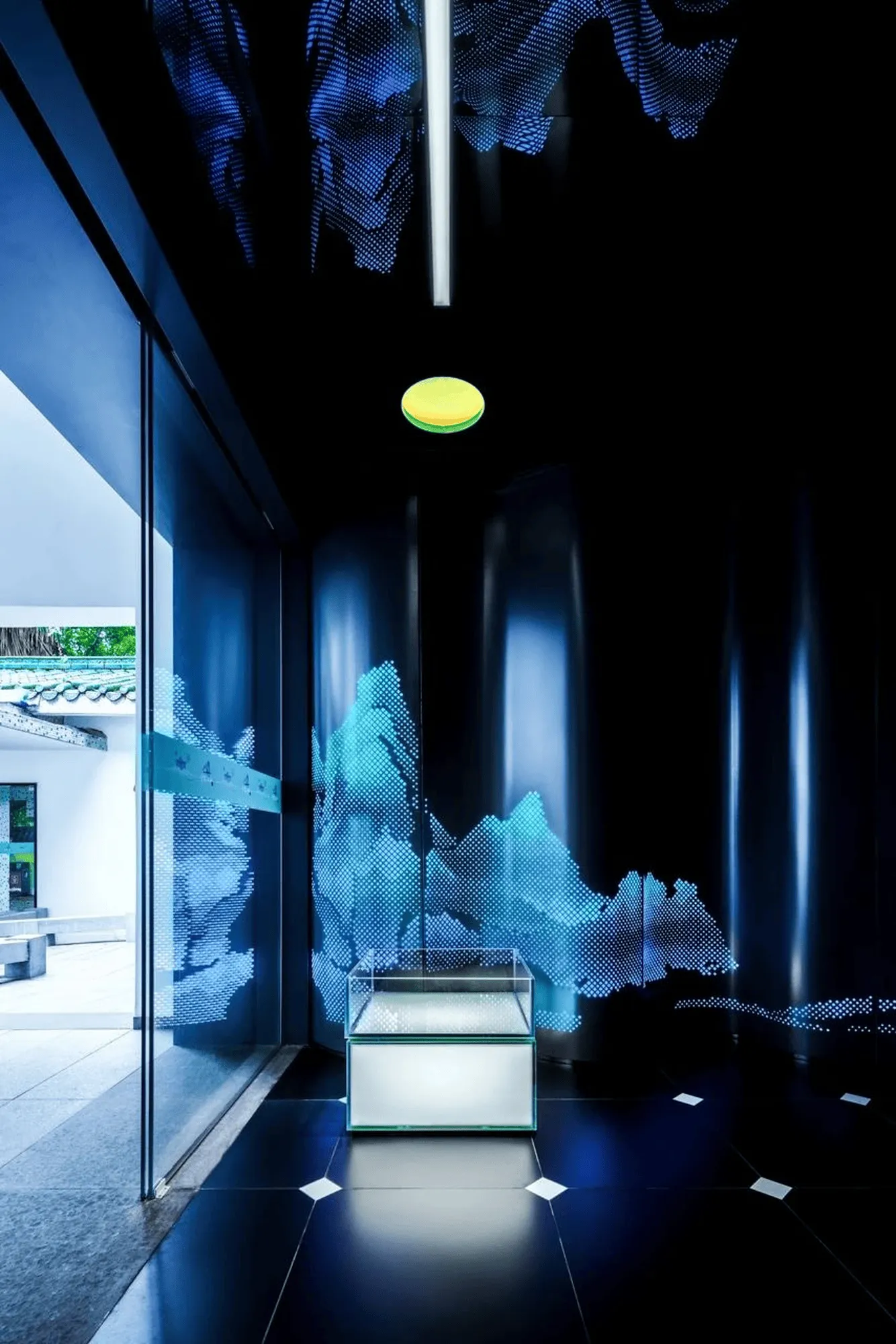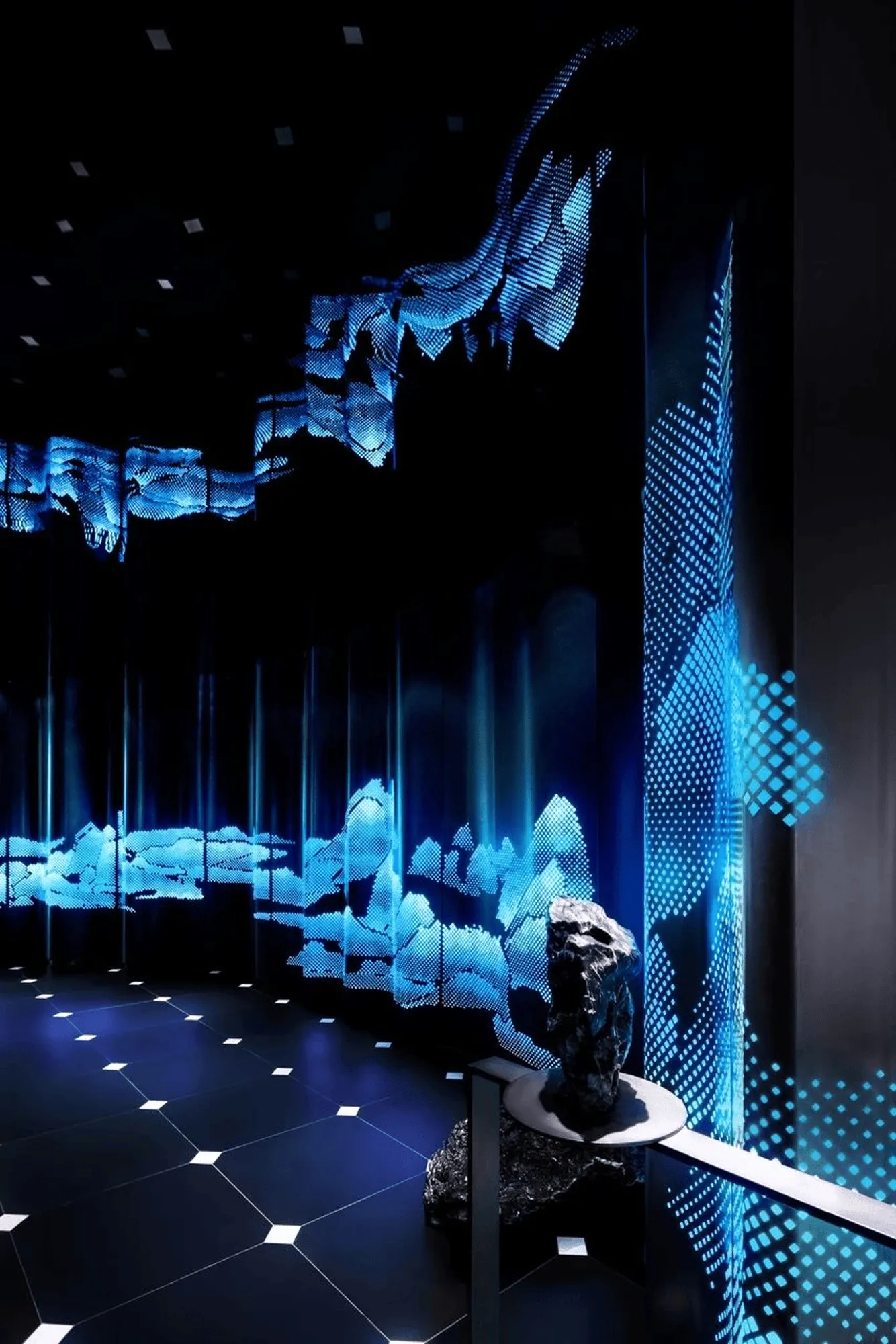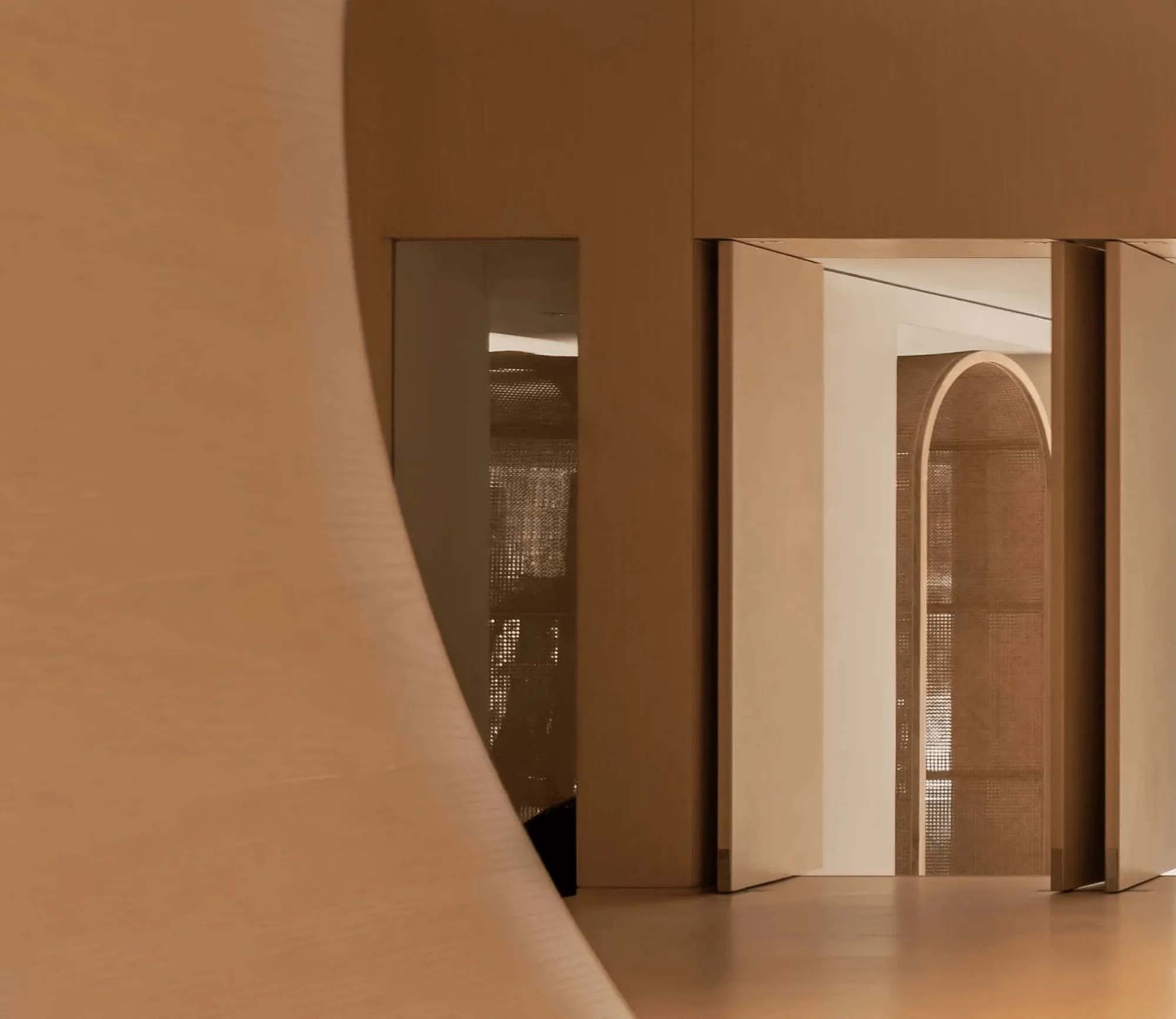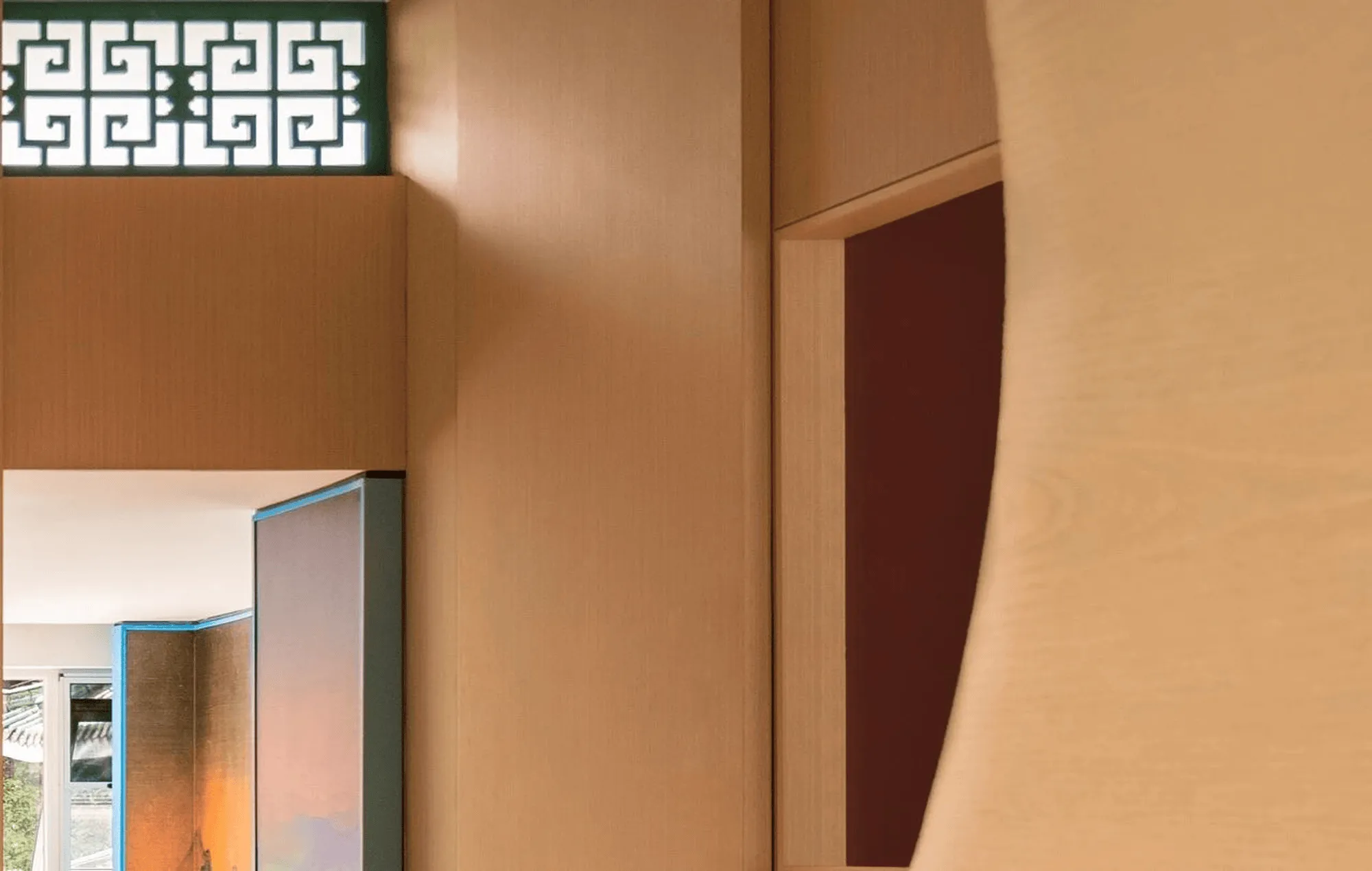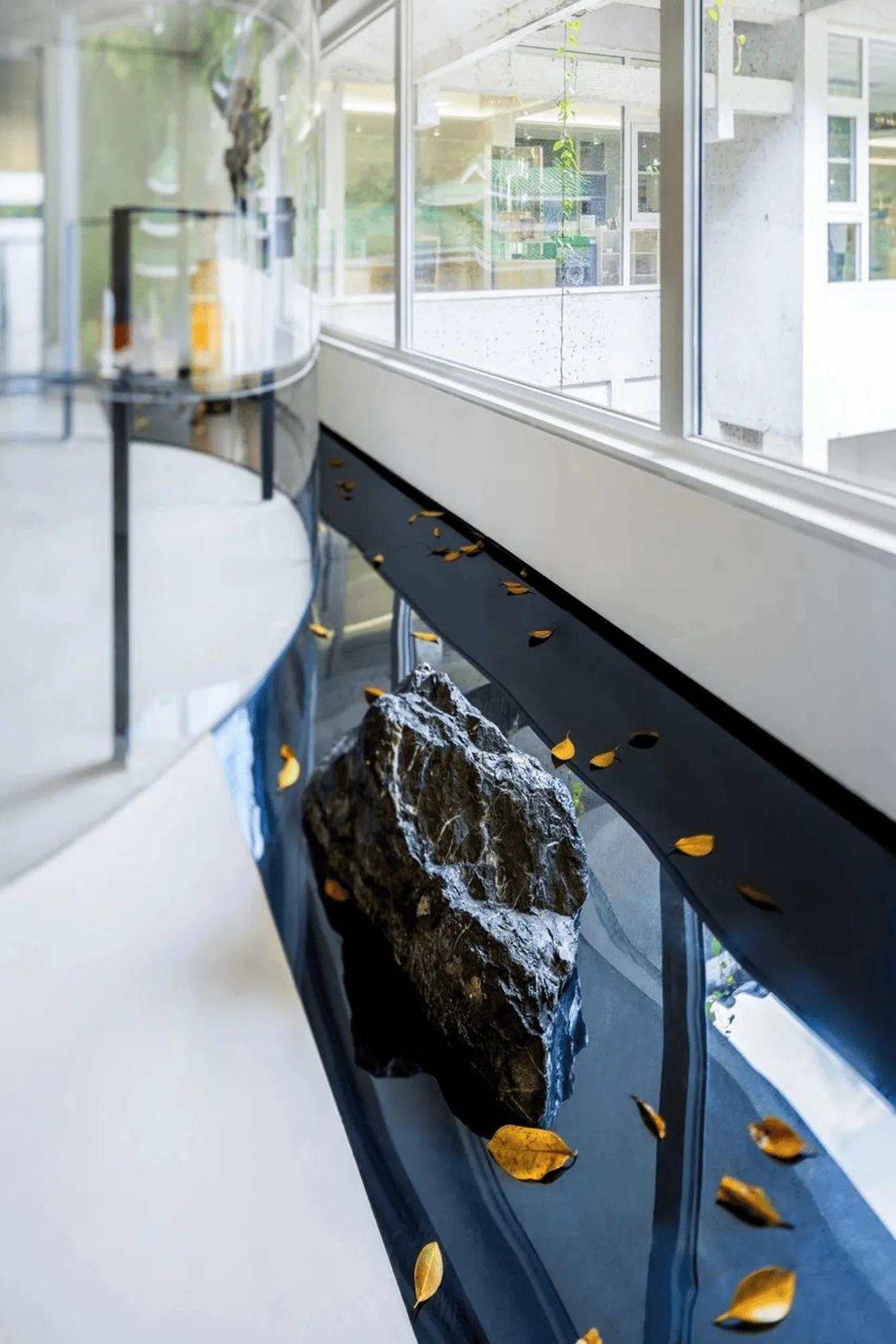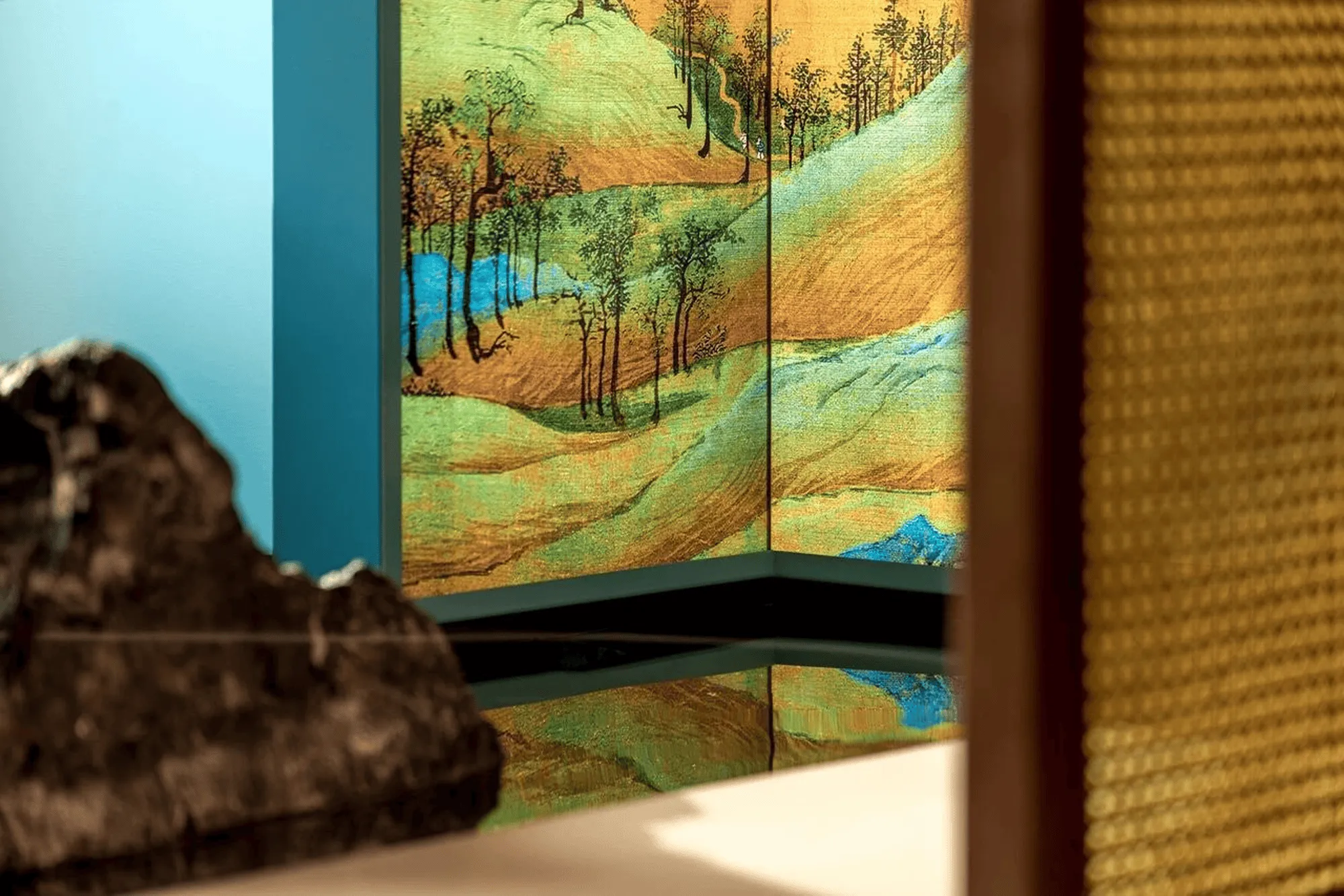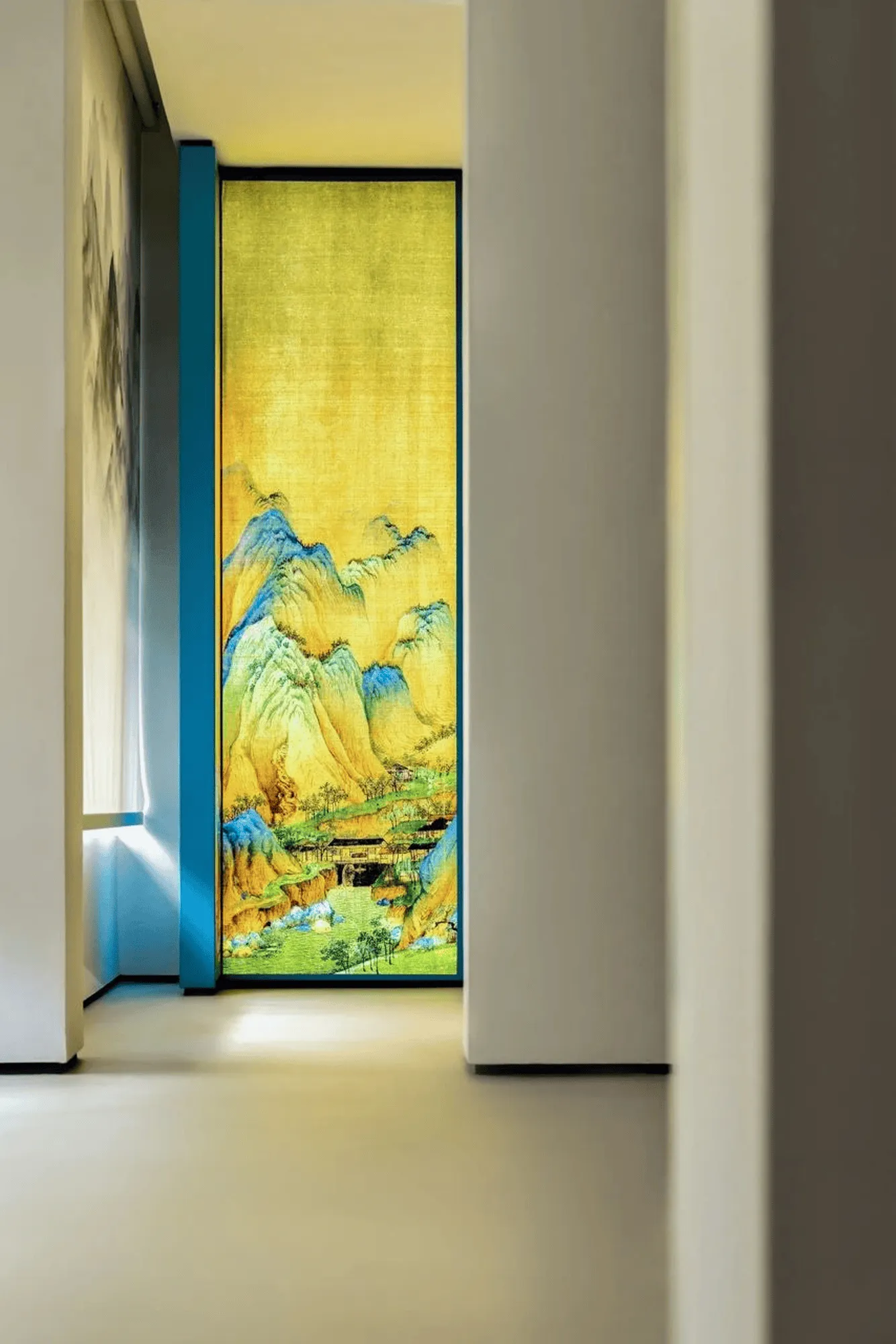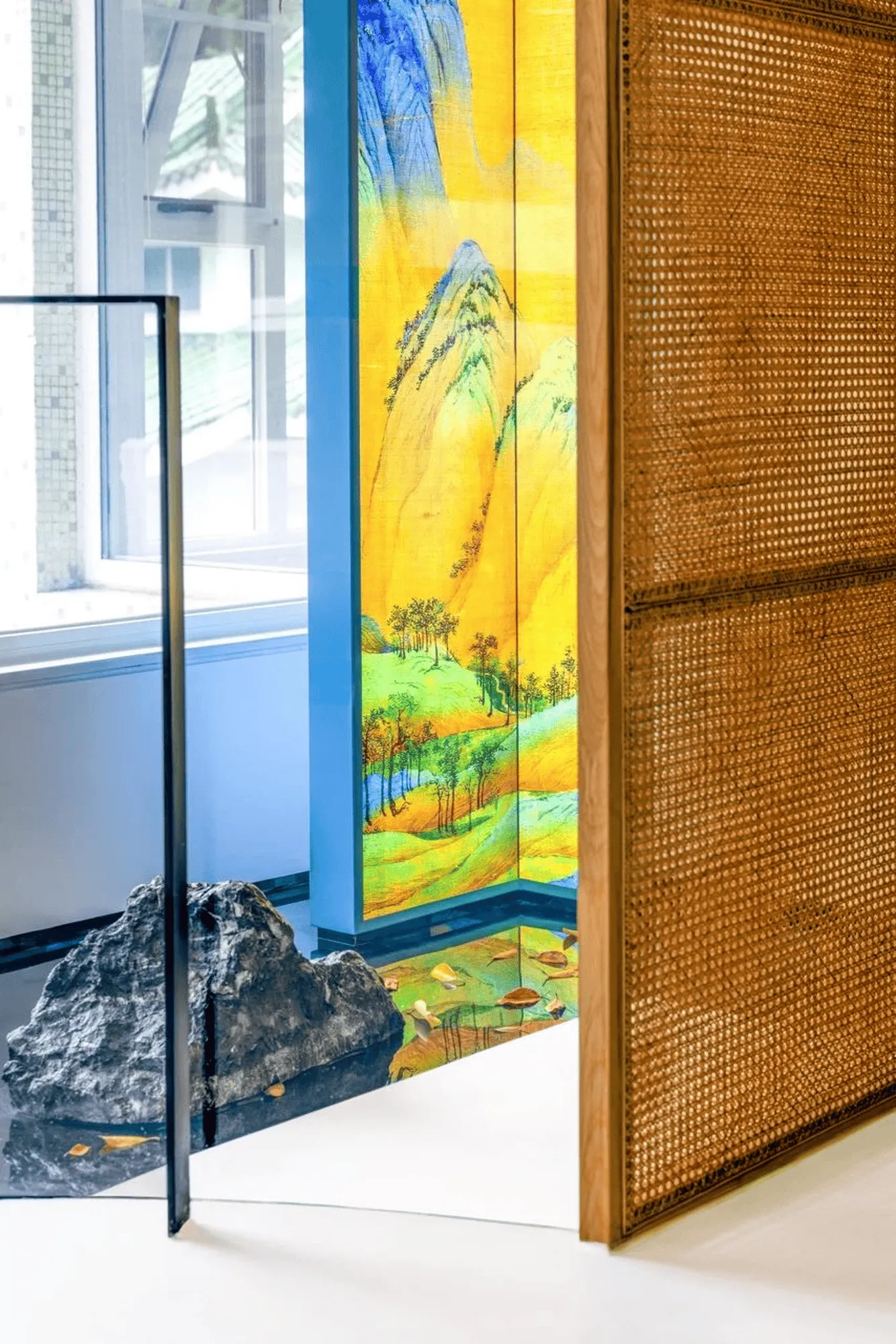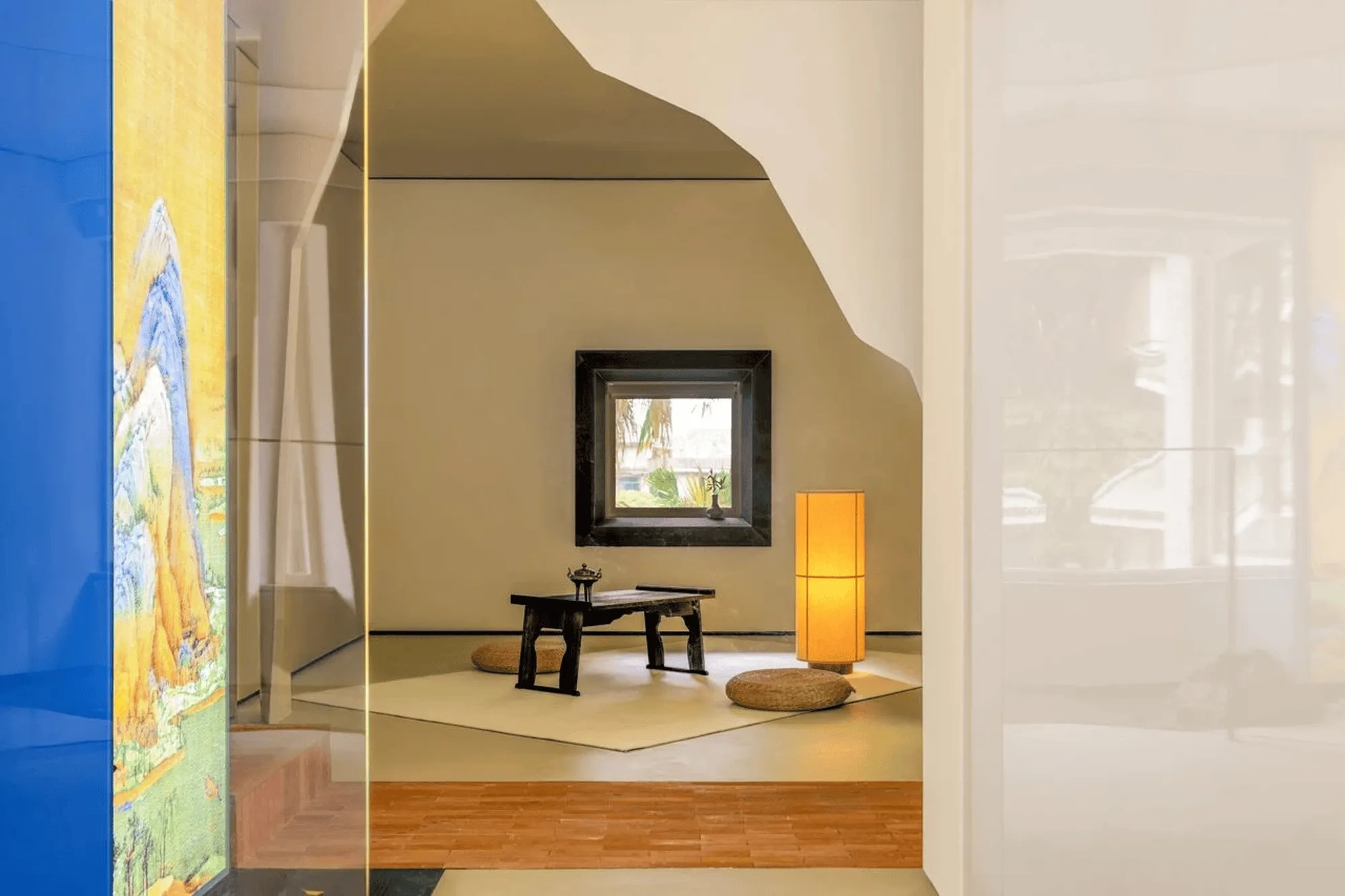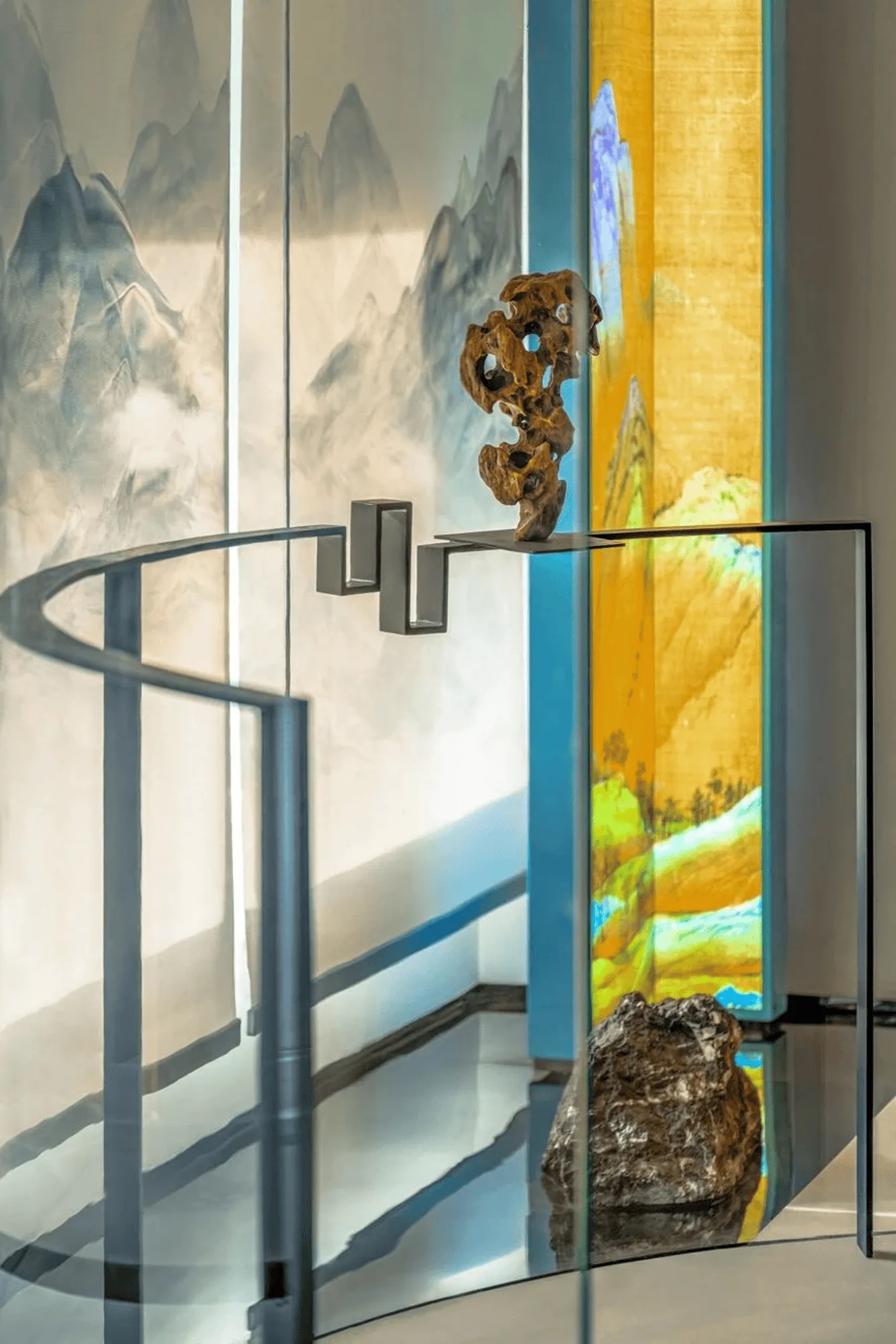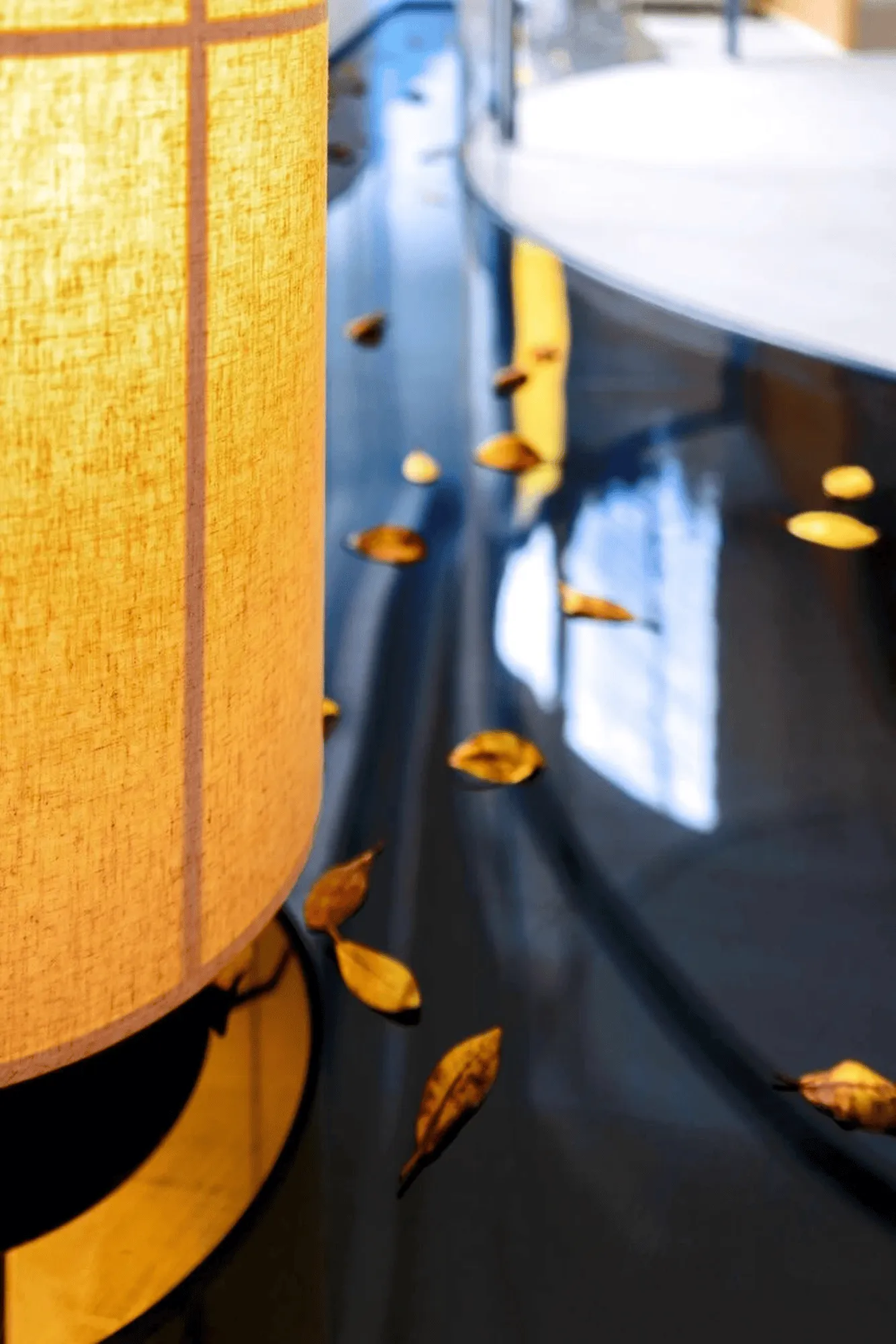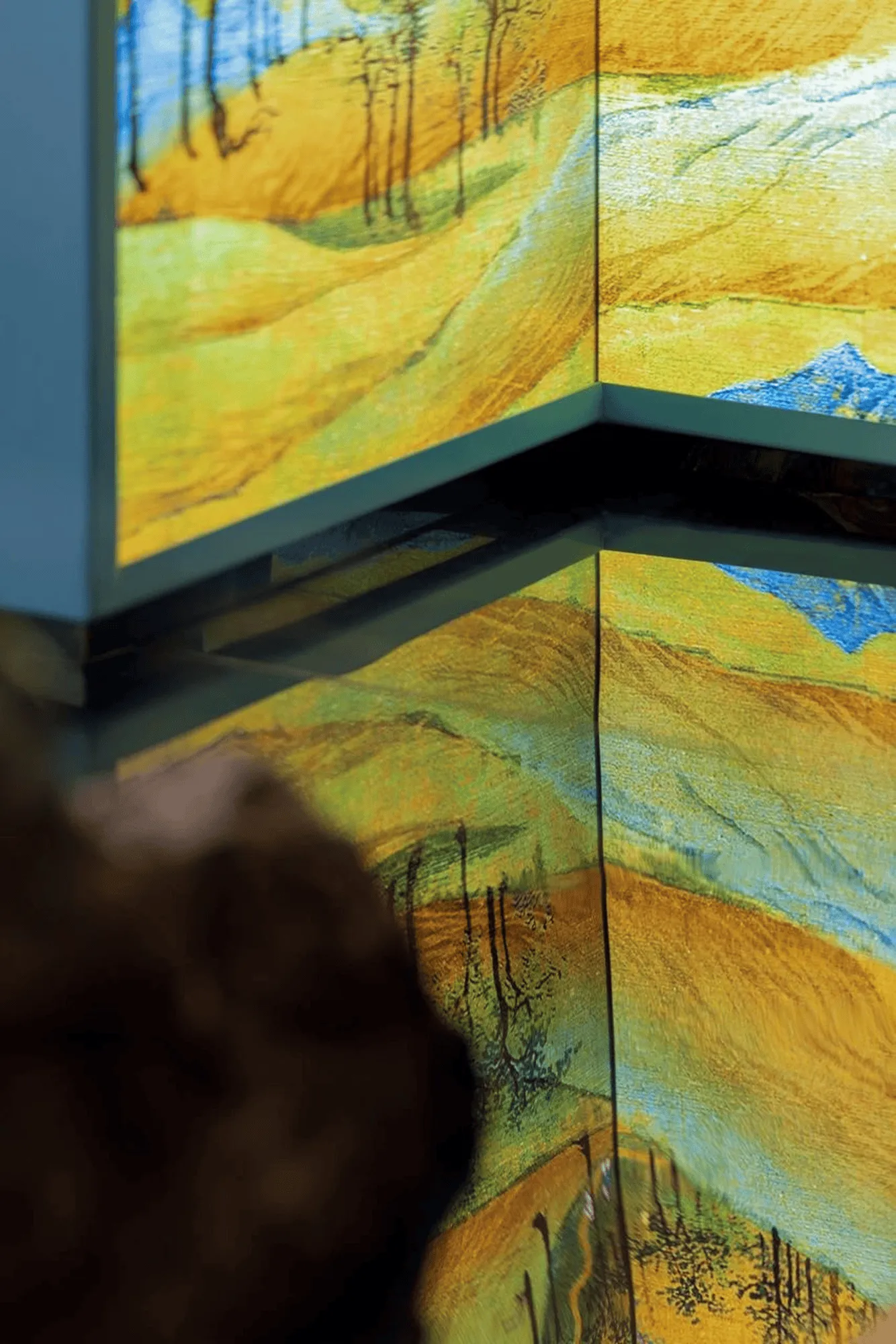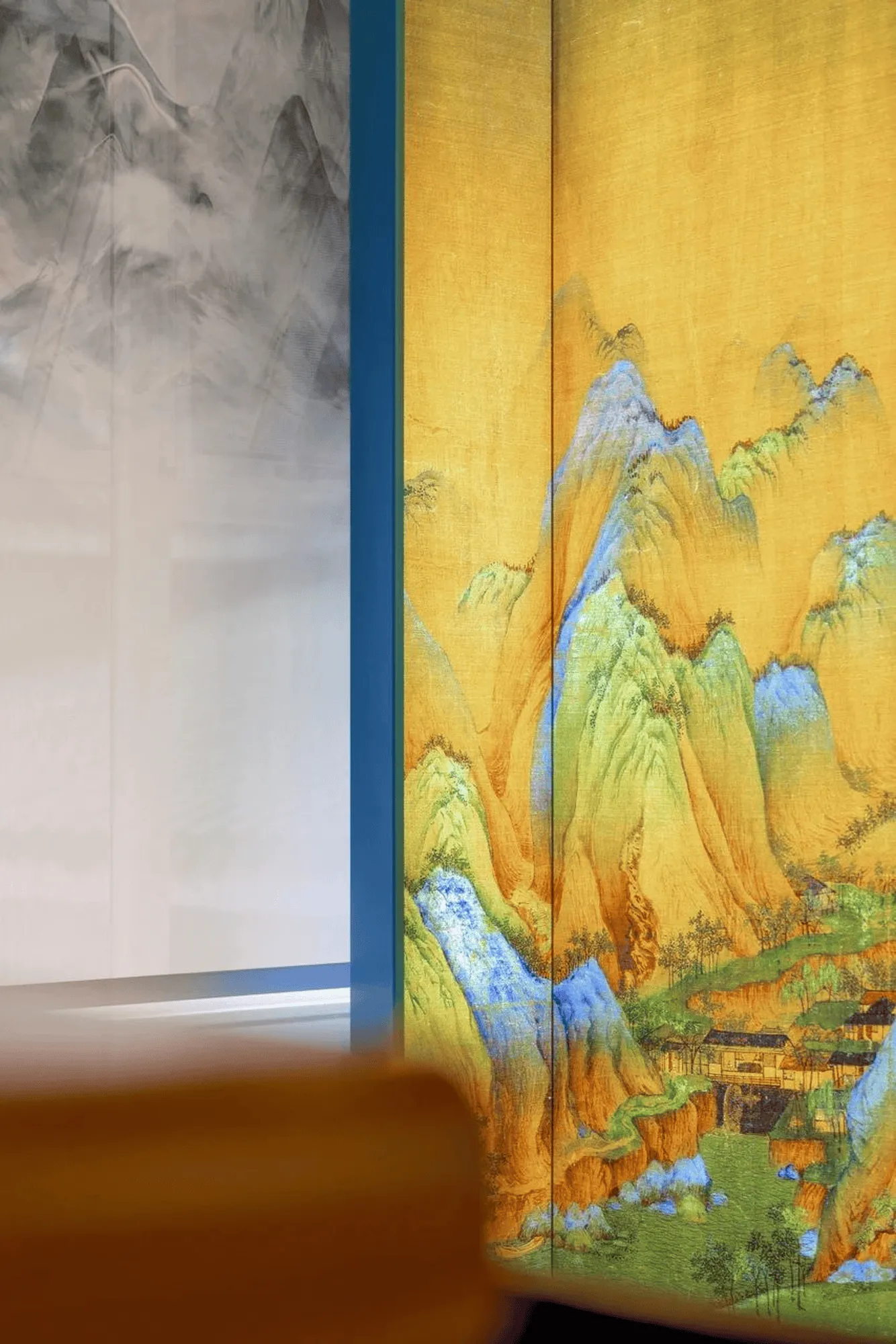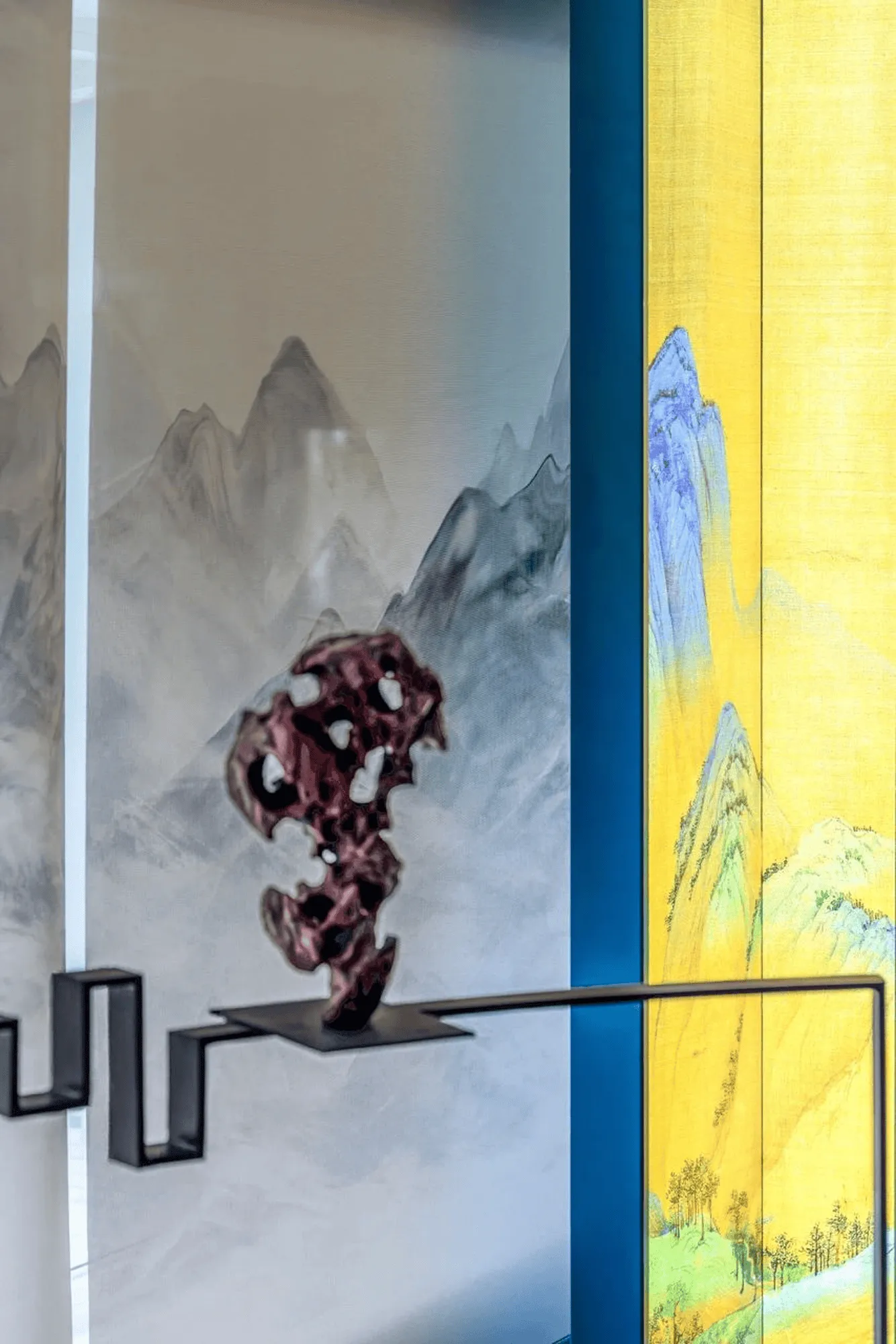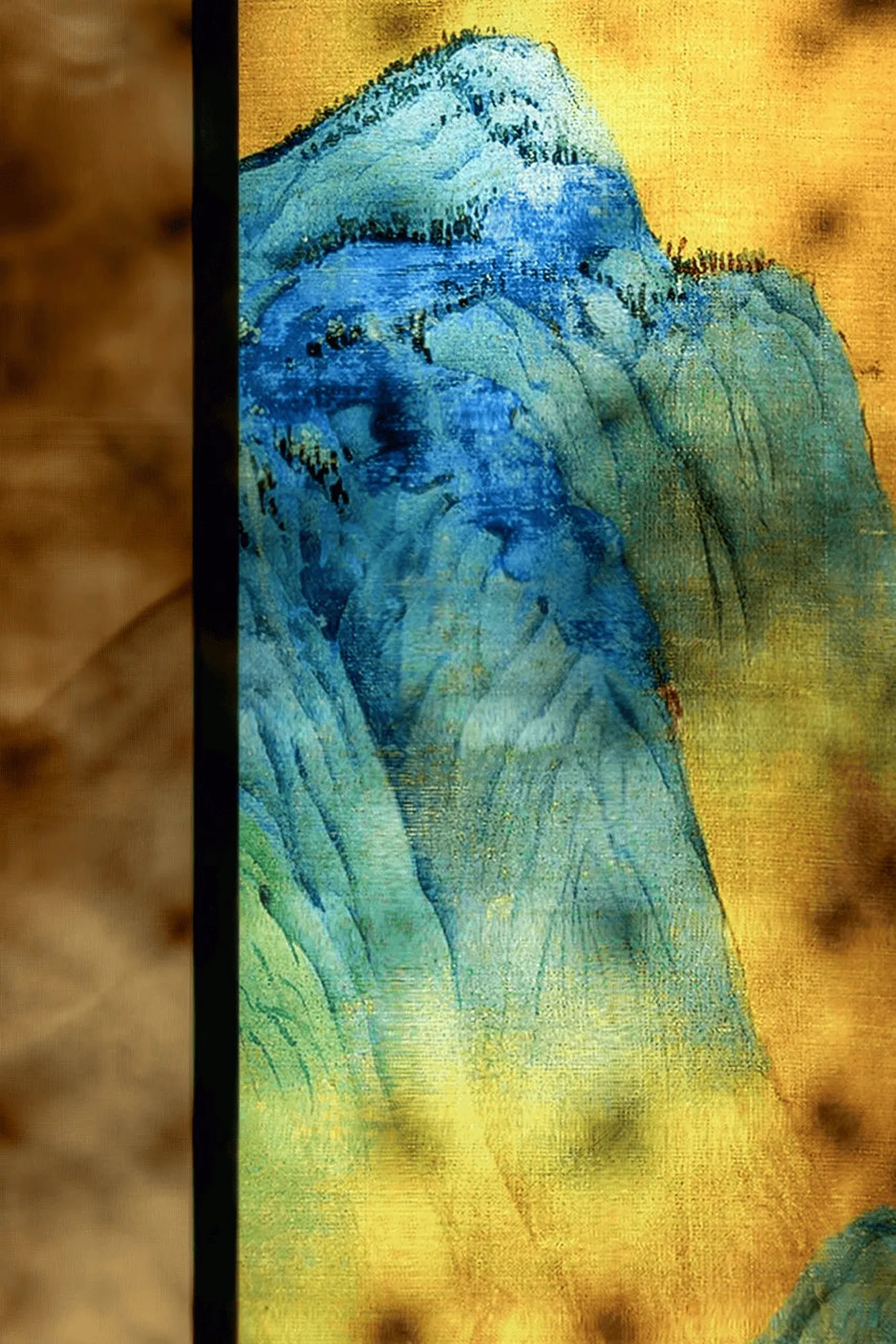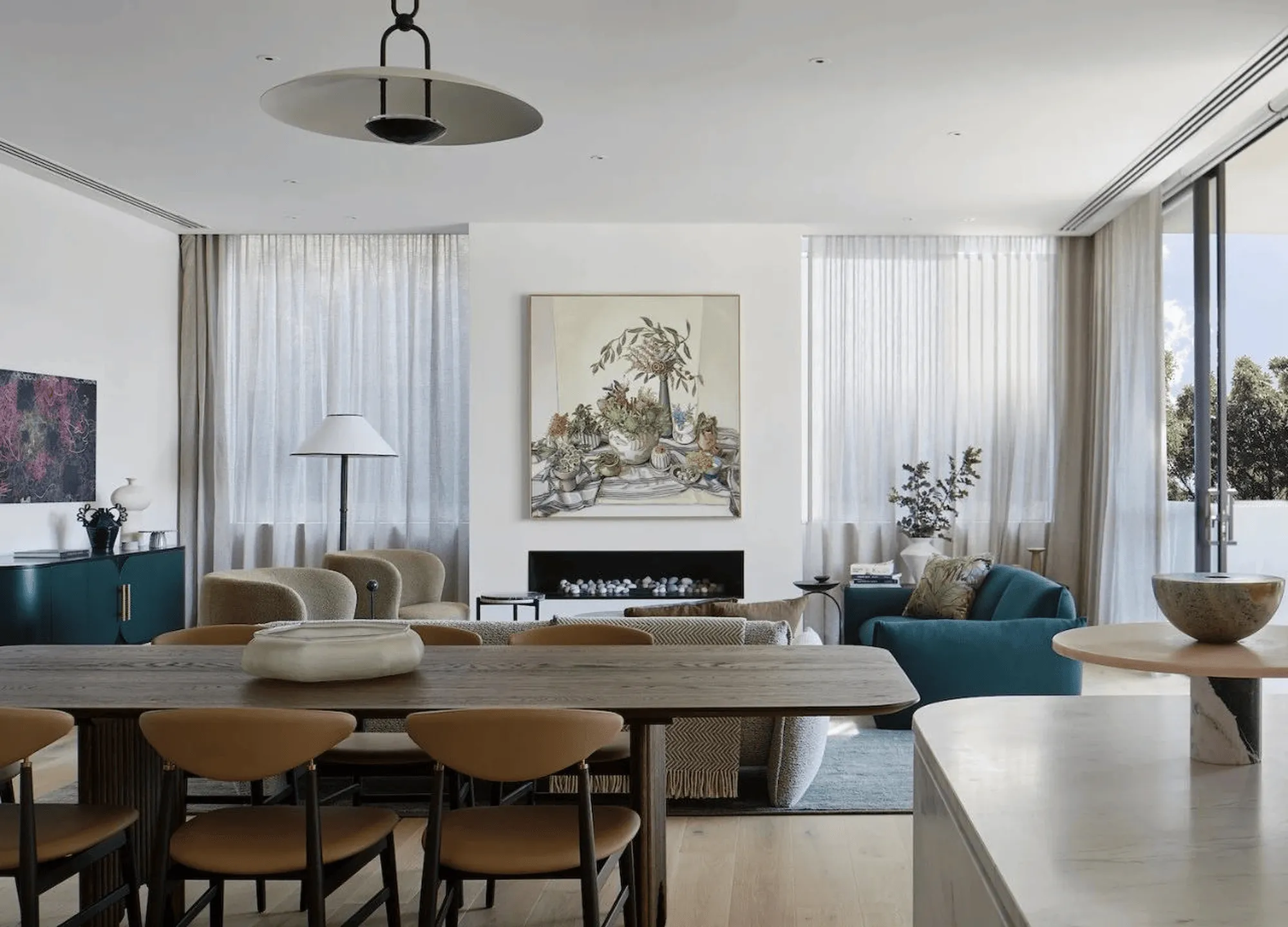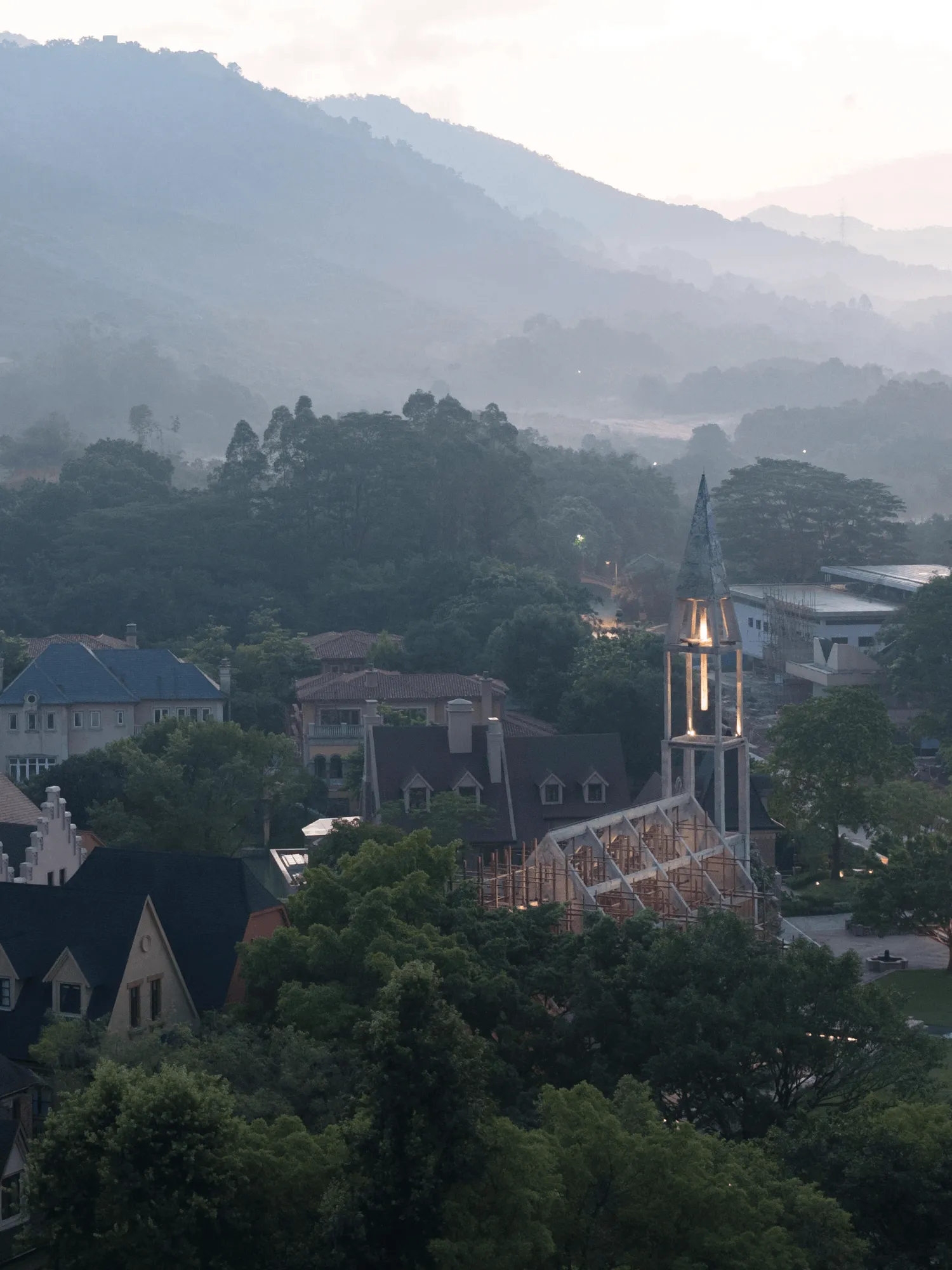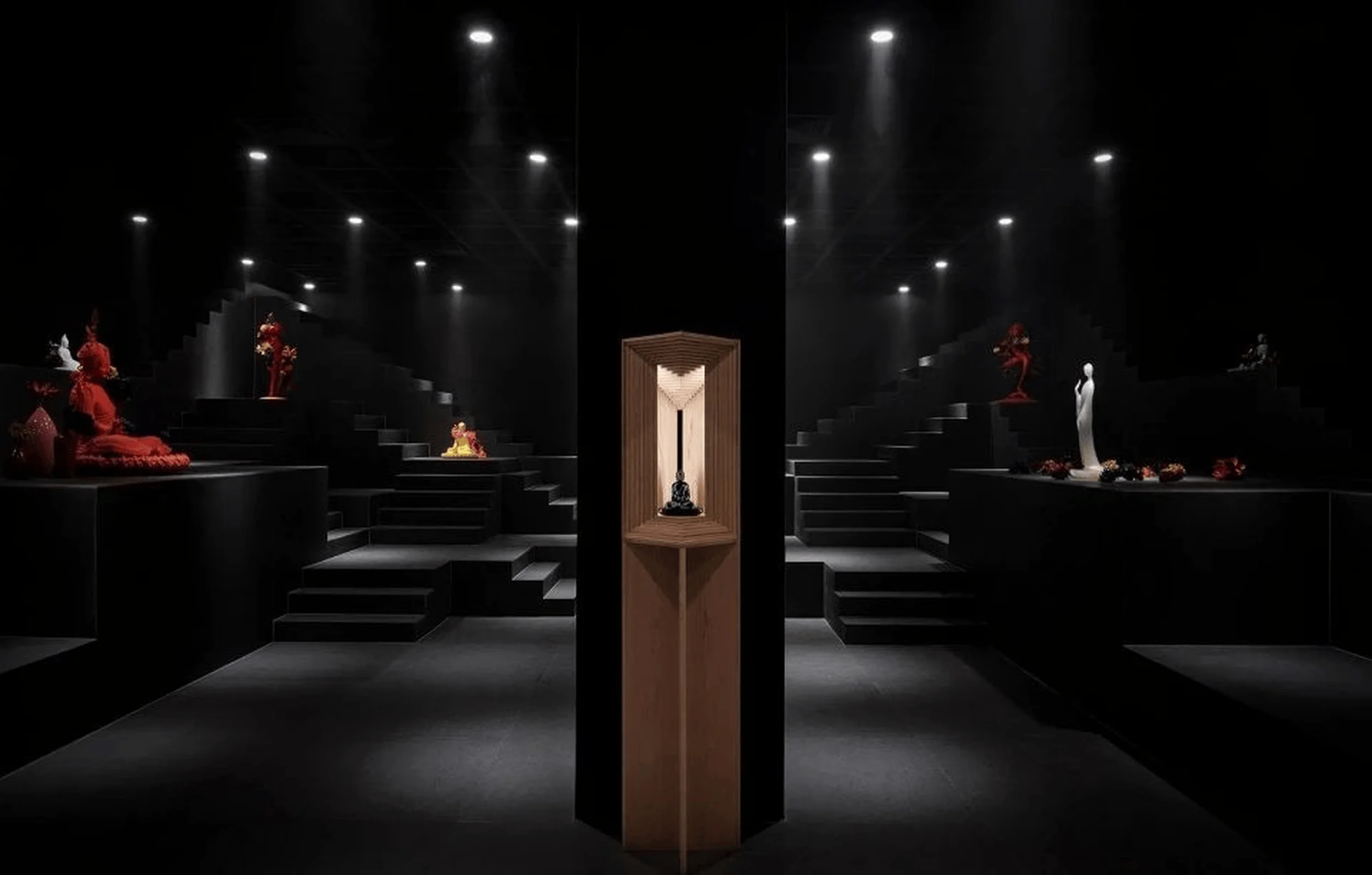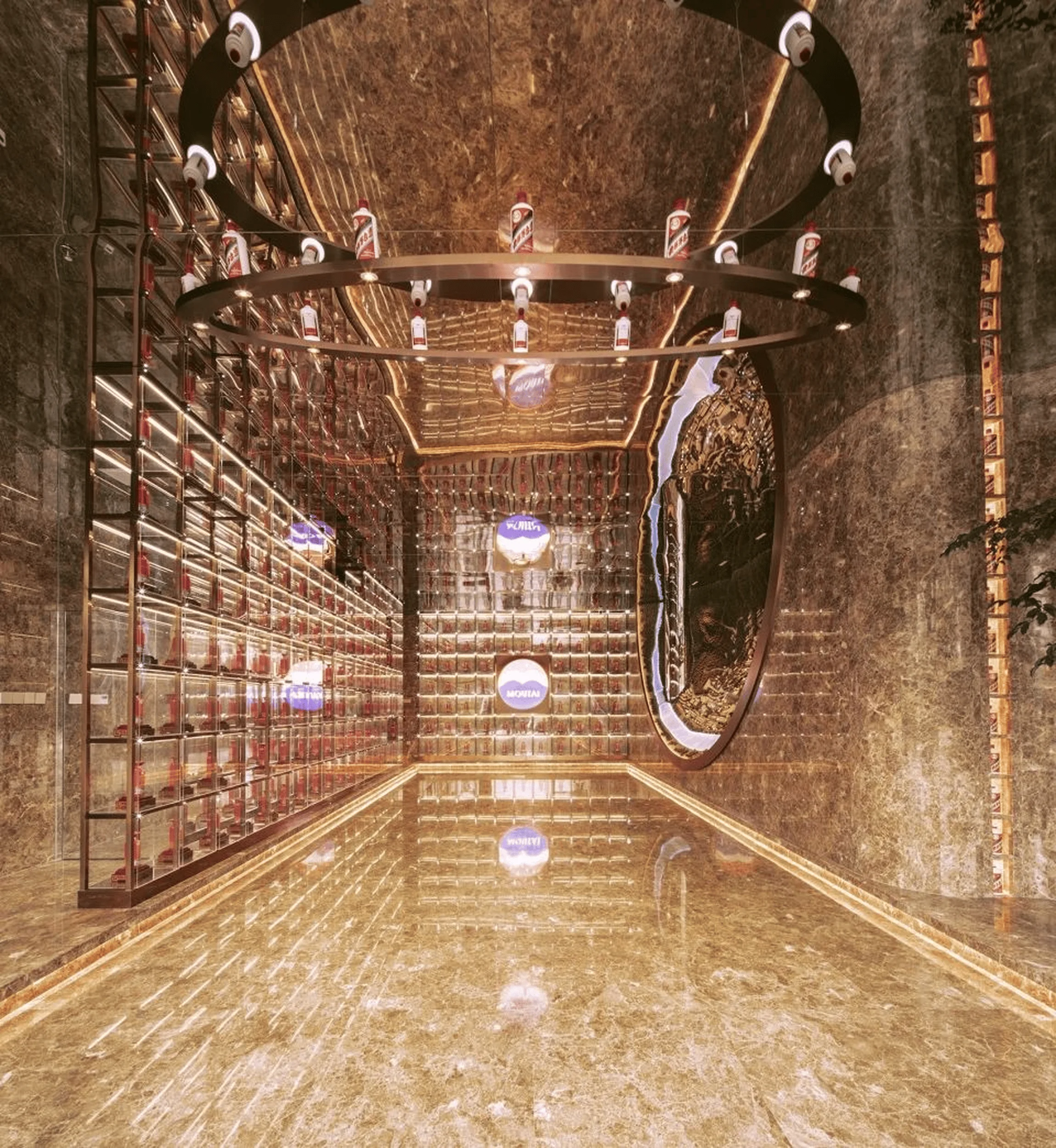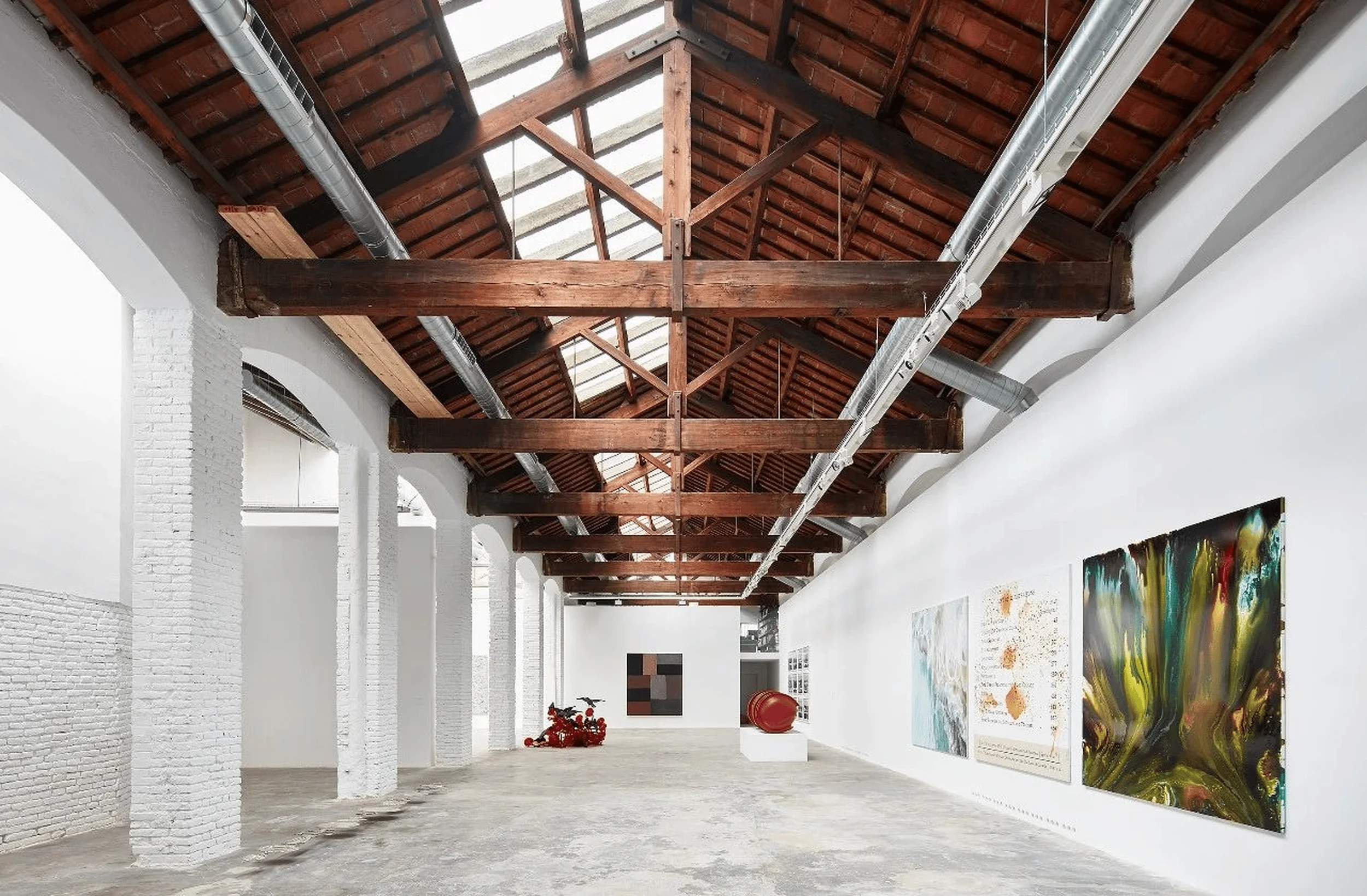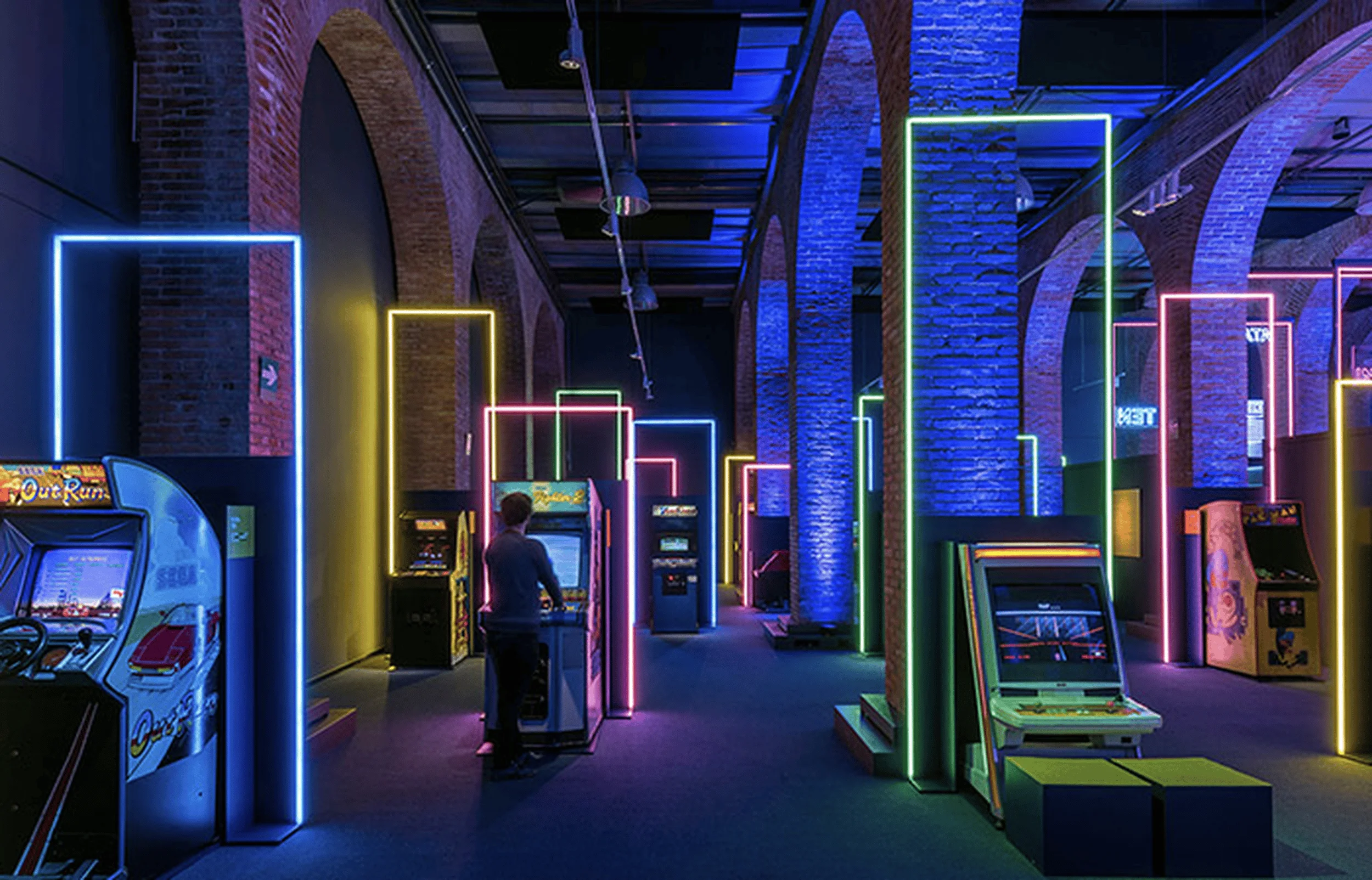Super Union Architects create an immersive tea house experience in Guilin’s Die Cai Mountain, inspired by the “A Thousand Li of Rivers and Mountains” painting.
Contents
Embracing the Landscape: Architectural Inspiration and Design Concept
The Condensed World tea house, nestled within the scenic Die Cai Mountain in Guilin, draws profound inspiration from the renowned Chinese painting, “A Thousand Li of Rivers and Mountains.” This immersive architectural design seeks to encapsulate the essence of the masterpiece, creating a space where visitors can experience the harmonious blend of nature and culture. The design team at Super Union Architects meticulously translated the painting’s landscape elements into architectural forms, resulting in a structure that seamlessly integrates with its natural surroundings. The tea house serves as a striking landmark within the Die Cai Mountain, a national AAAAA-rated scenic area and a jewel of the “Two Rivers and Four Lakes” landscape.
A Journey through the Painting: Spatial Planning and Functionality
The tea house’s spatial organization mirrors the multi-layered composition of “A Thousand Li of Rivers and Mountains.” Visitors are guided through a series of interconnected spaces, each offering unique perspectives and experiences. Open areas facilitate interaction and dialogue, while strategically placed water features and rock formations evoke the painting’s natural elements. Two private tea rooms and a dedicated family area cater to intimate gatherings and shared moments. The design prioritizes a sense of openness and visual connectivity, blurring the boundaries between the interior and the surrounding landscape. This creates an immersive environment where visitors can feel enveloped by the beauty of the painting’s depicted world.
Capturing the Essence: Aesthetics and Materiality
The tea house’s design language echoes the aesthetic principles of “A Thousand Li of Rivers and Mountains.” The color palette draws heavily from the painting’s vibrant greens and blues, creating a visually captivating experience. Simple, clean lines and minimalist forms dominate the interior, allowing the natural beauty of the materials to shine through. Wood veneers, bamboo screens, metal panels, bricks, and Malay lacquer contribute to a rich tactile experience. These carefully chosen materials not only complement the surrounding environment but also evoke a sense of tranquility and refinement, enhancing the overall immersive experience.
A Cultural Legacy: Impact and Significance
The Condensed World tea house represents more than just an architectural marvel; it serves as a testament to the enduring legacy of “A Thousand Li of Rivers and Mountains.” The project aims to introduce a wider audience to the profound beauty and cultural significance of traditional Chinese art. By creating a space that embodies the spirit of the painting, the designers hope to foster a deeper appreciation for Chinese culture and inspire a sense of connection to its rich artistic heritage. This unique architectural intervention acts as a “super symbol,” drawing attention to the site’s cultural significance and creating a memorable experience for visitors.
Immersive Technology: Enhancing the Experience
The tea house leverages technology to further enhance the immersive experience. An interactive space employs dynamic lighting and perforated aluminum panels to create a mesmerizing representation of the painting’s mountains and clouds. This interplay of light and shadow transports visitors into a “two-dimensional” landscape, evoking a sense of wonder and contemplation. This digital interpretation of the painting adds another layer to the immersive experience, allowing visitors to engage with the artwork in a novel and engaging way.
Project Information:
Architects: Super Union Architects
Area: 1500 m²
Project Year: 2023
Project Location: Guilin, Guangxi, China
Photographs: Liang and Friends, Liu Tingyu
Lead Architects: Liu Tingyu
Assistant Design: Hao Zhipeng, Bian Kuo
Main Materials: Wood veneer, bamboo weaving, metal plate, brick, Malay lacquer
Project Type: Tea House, Cultural Building


